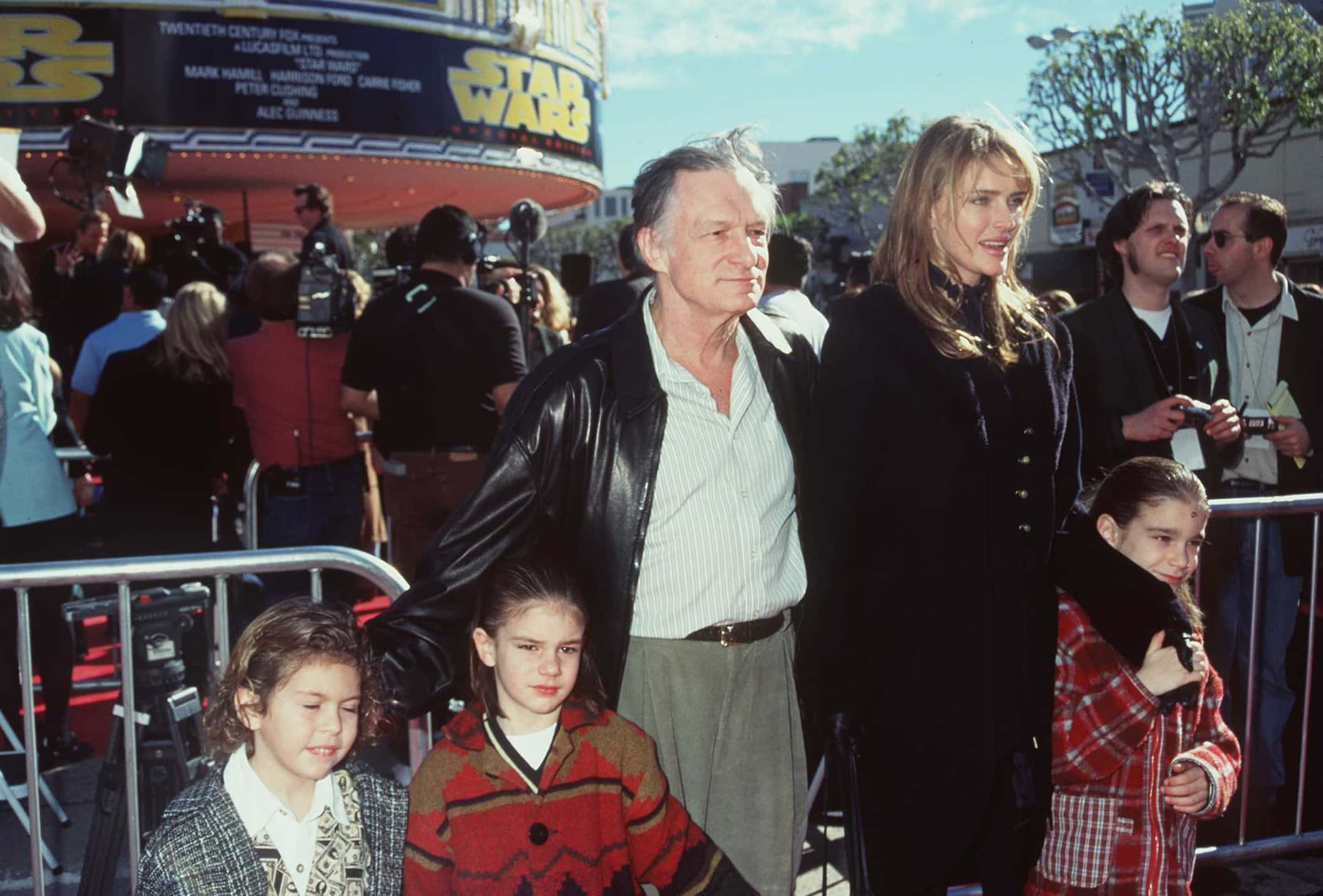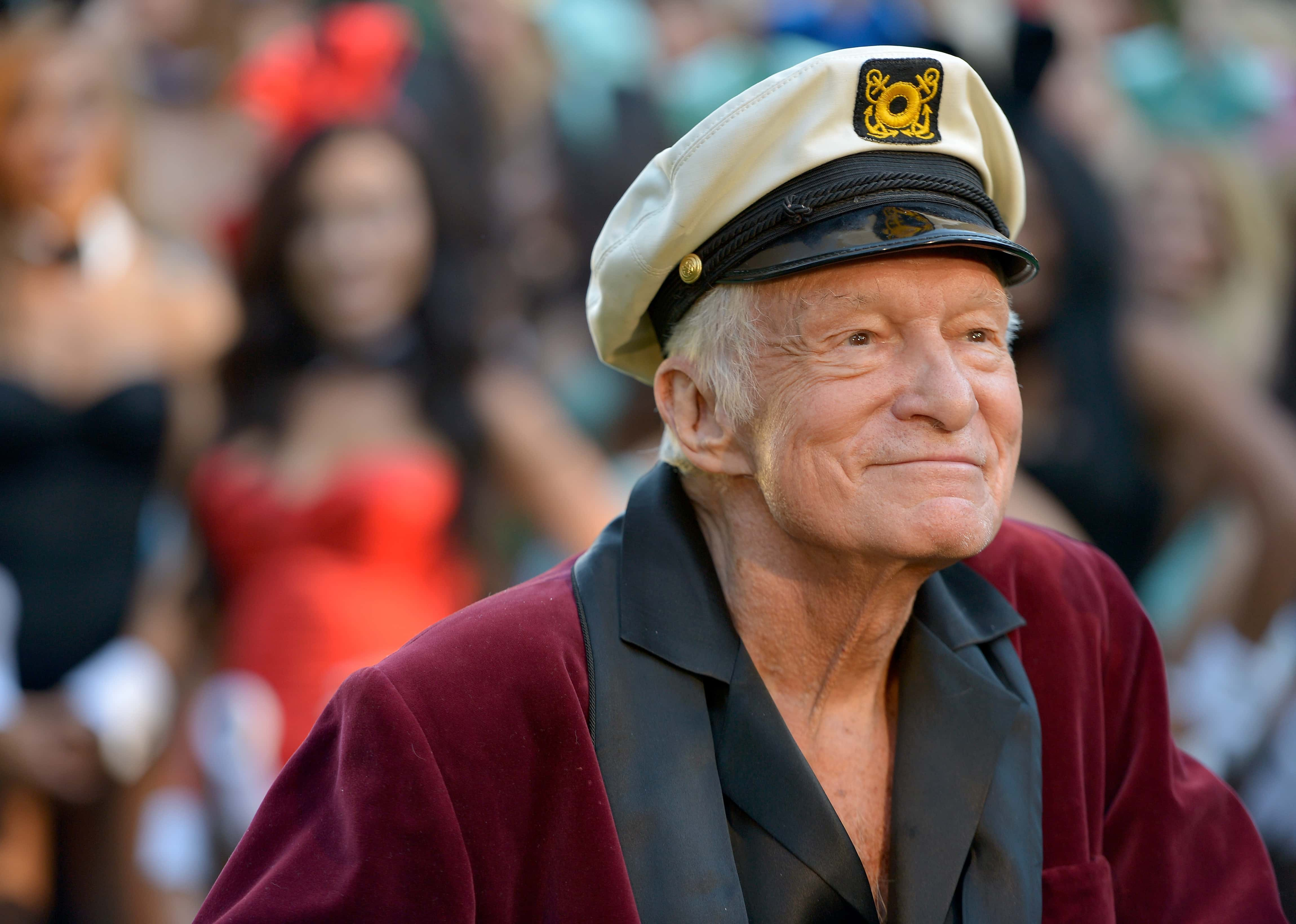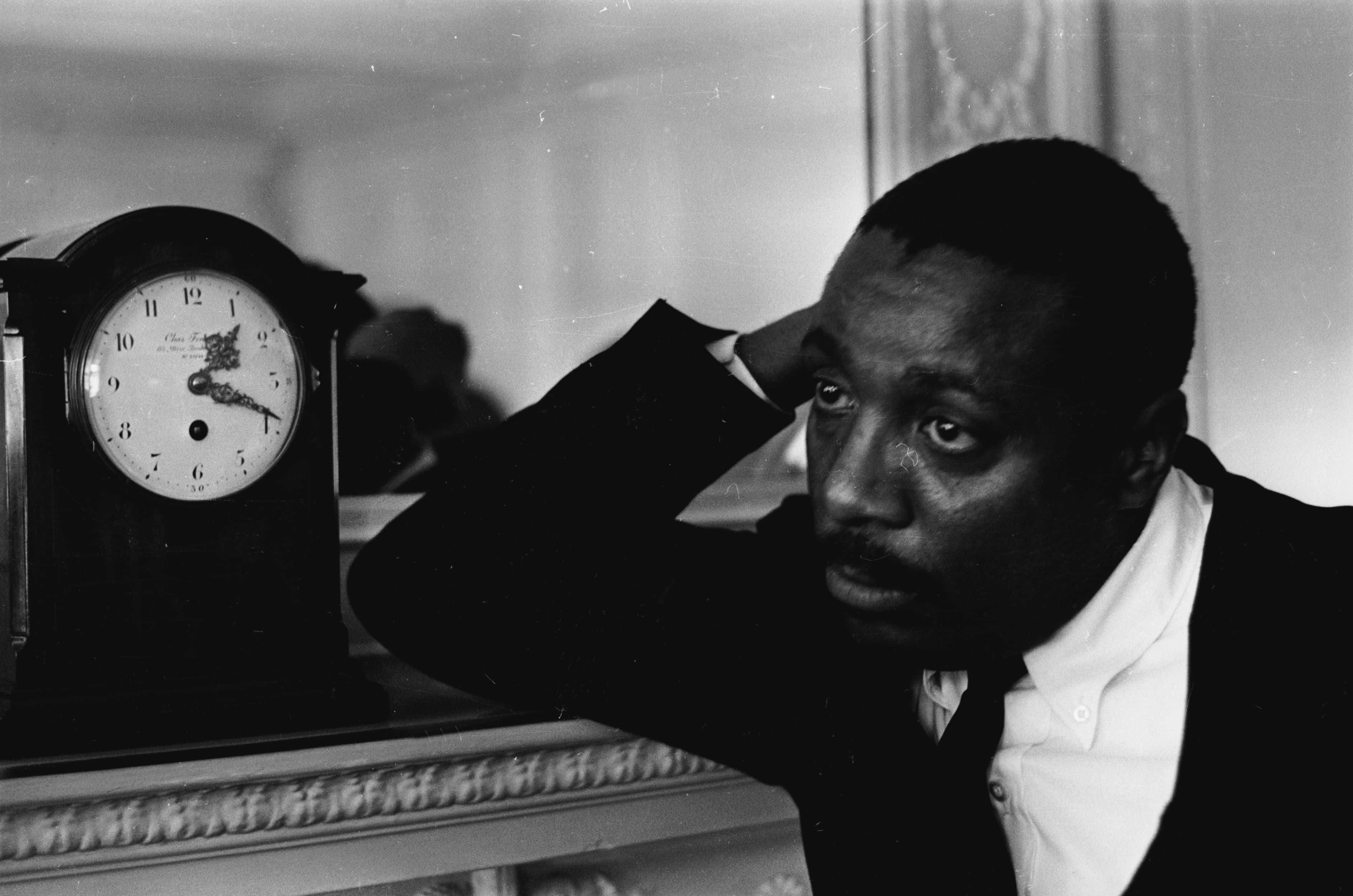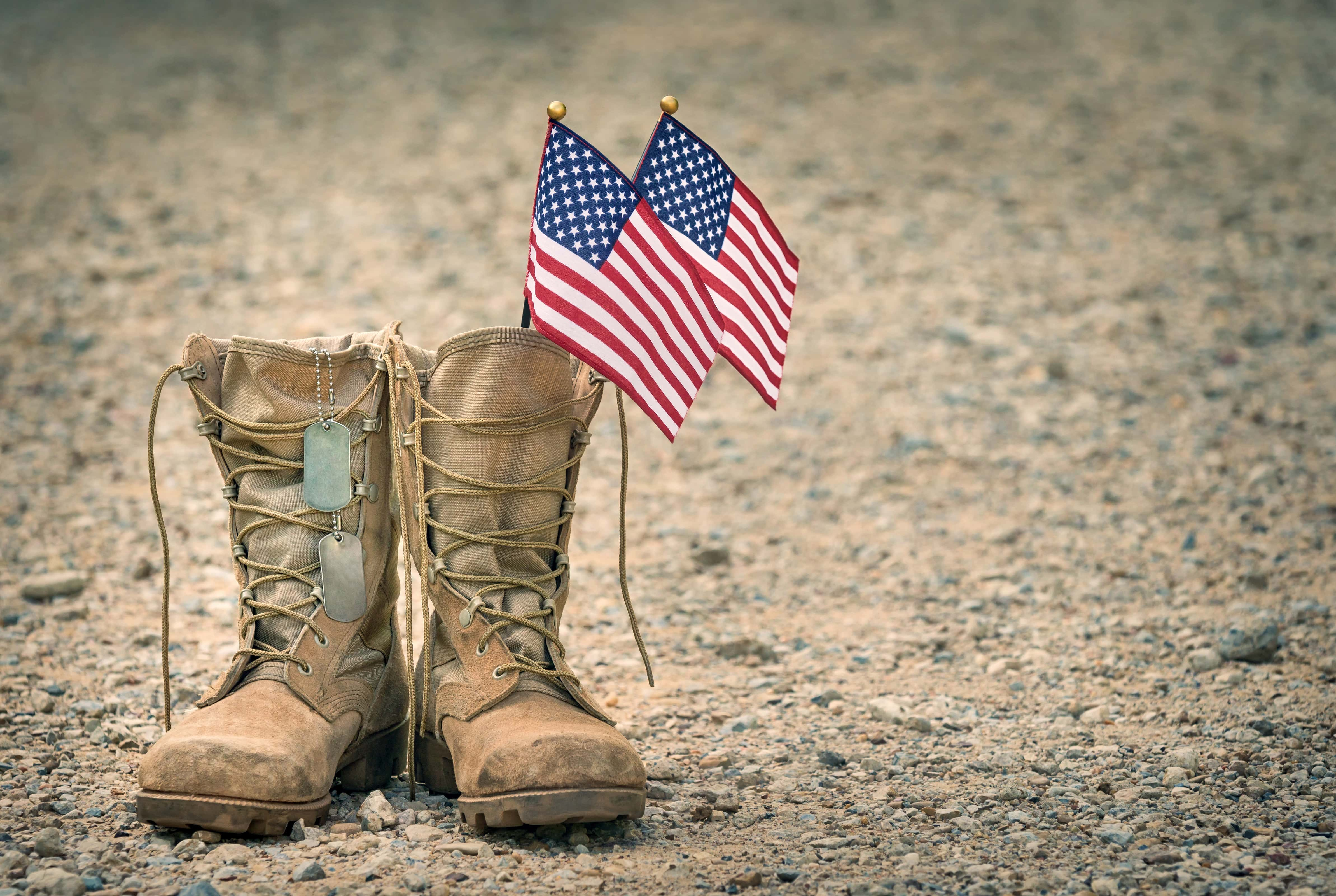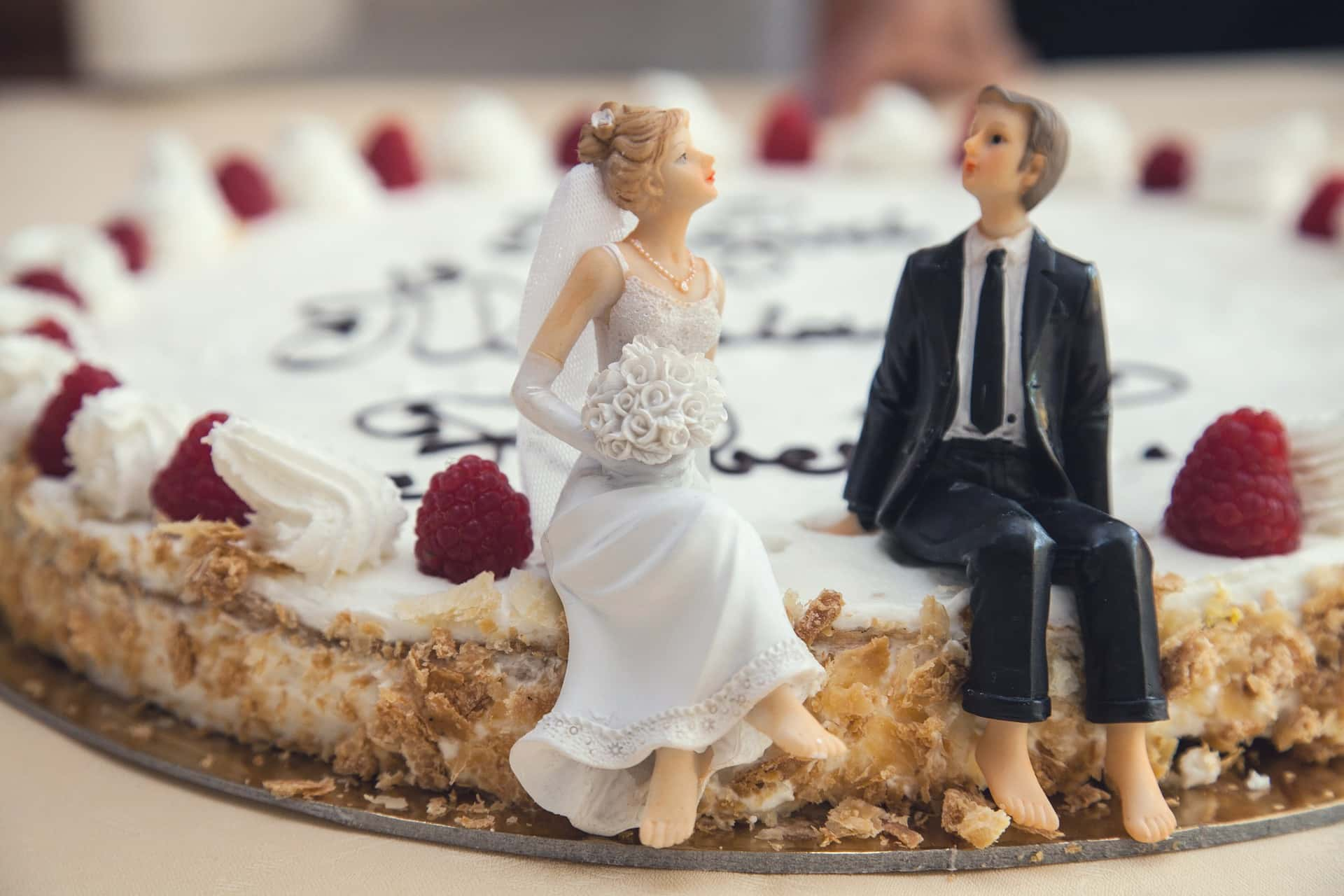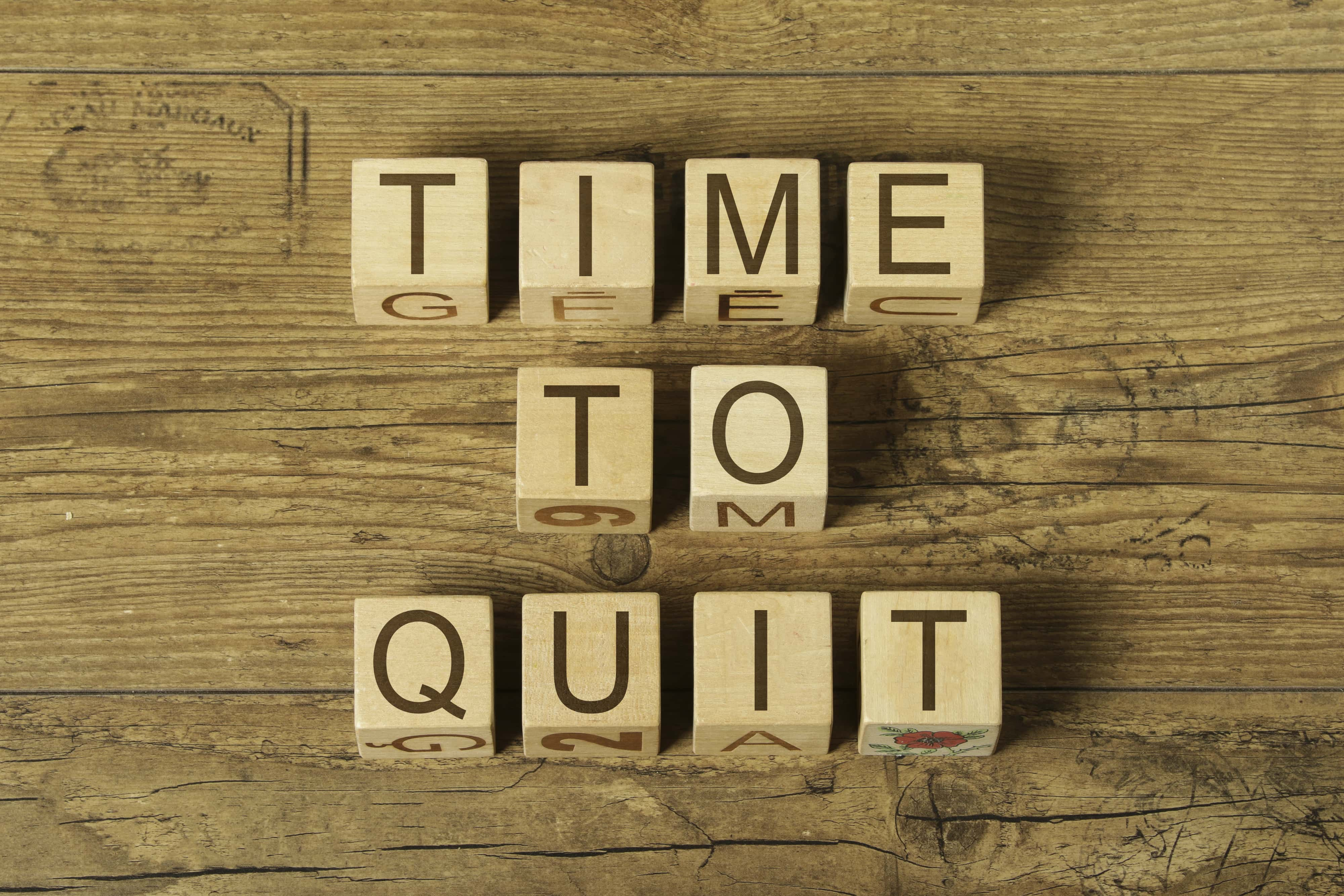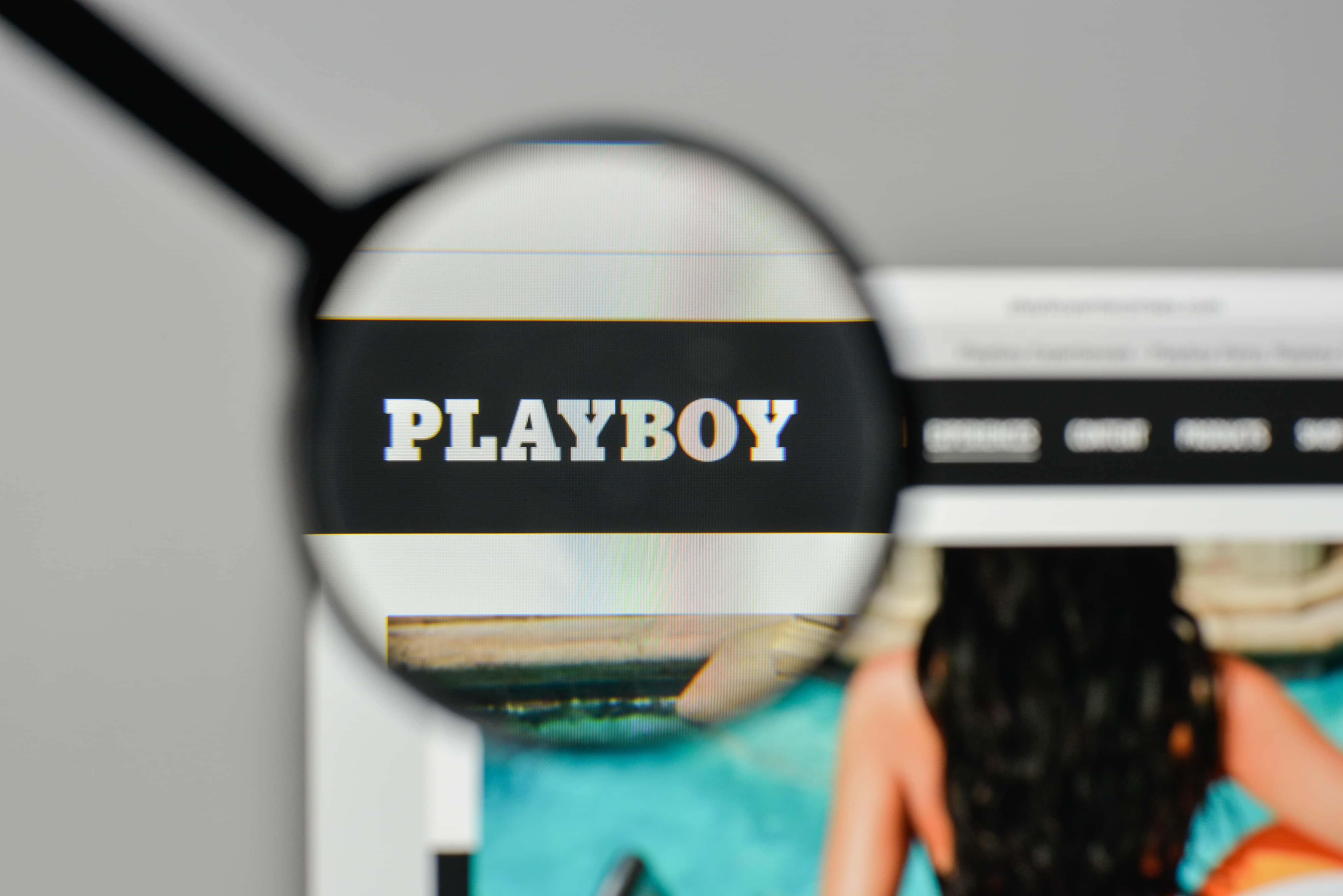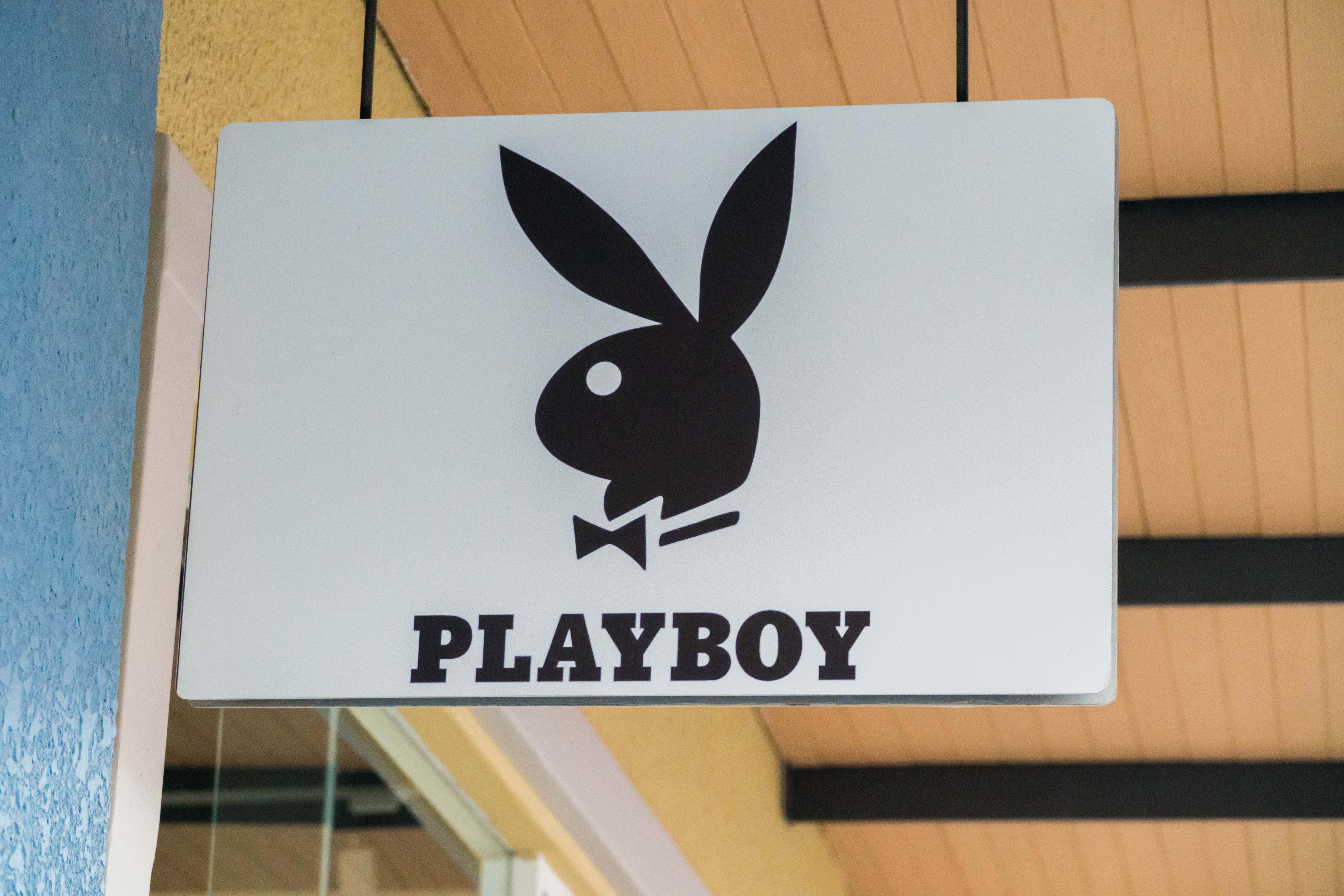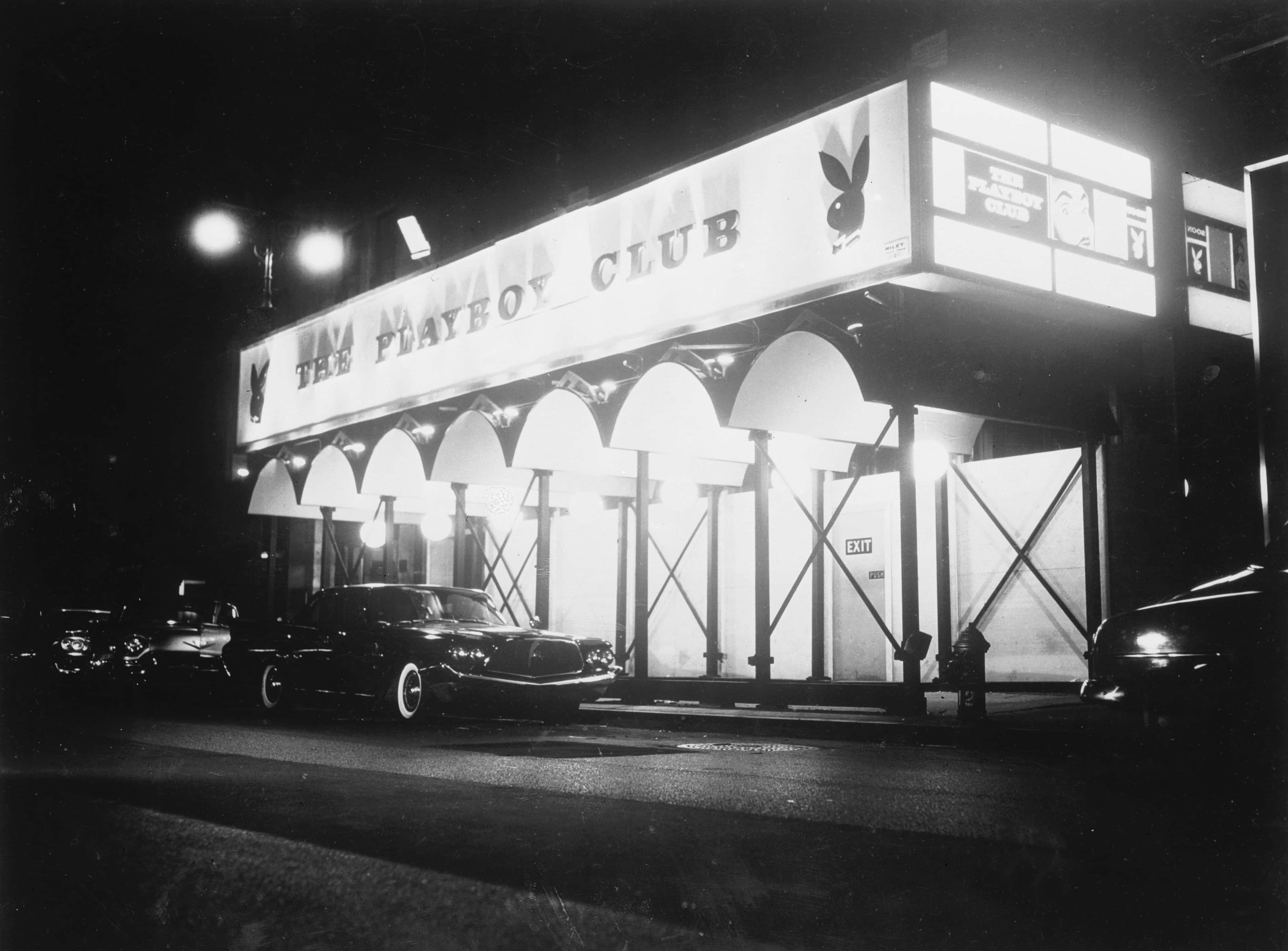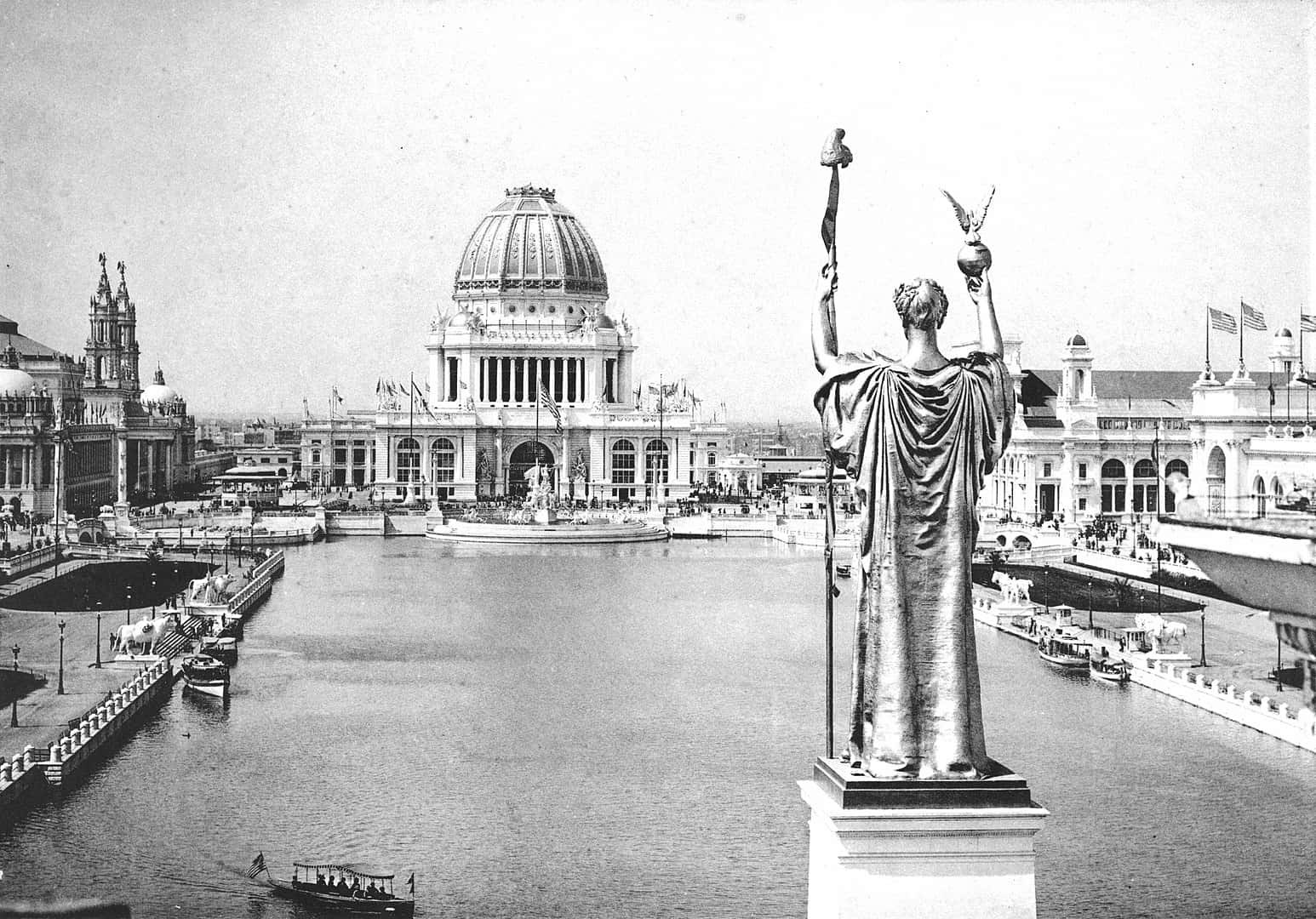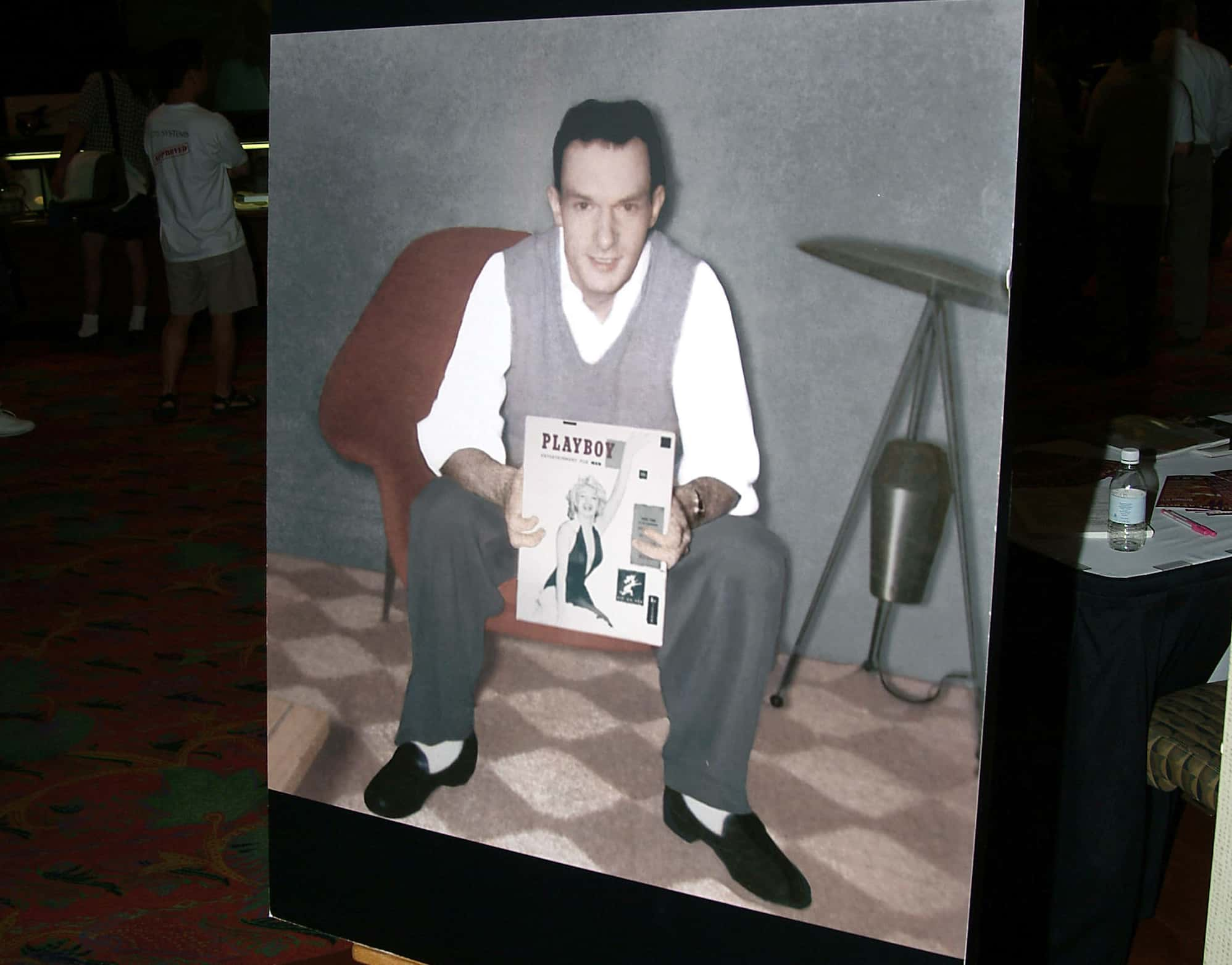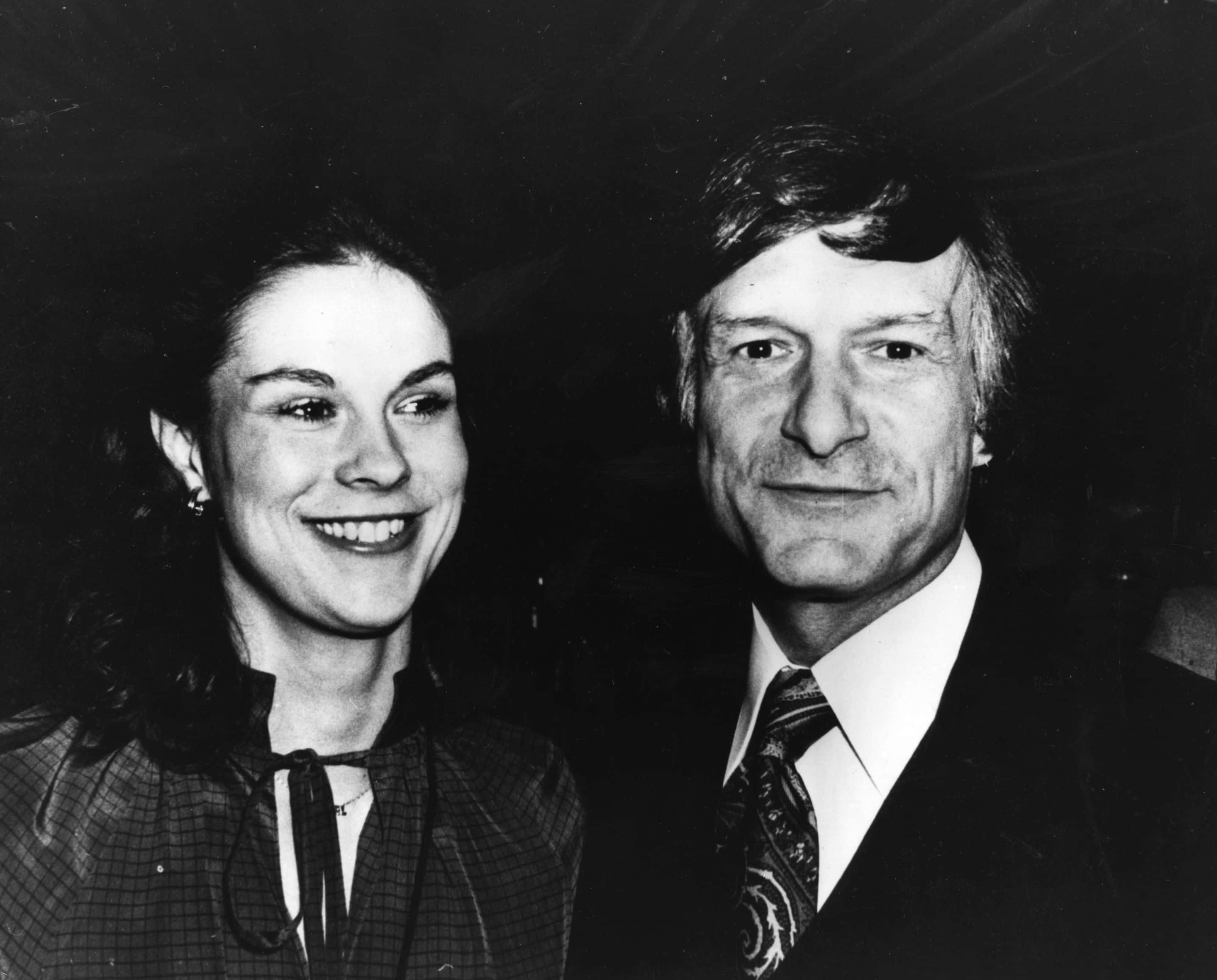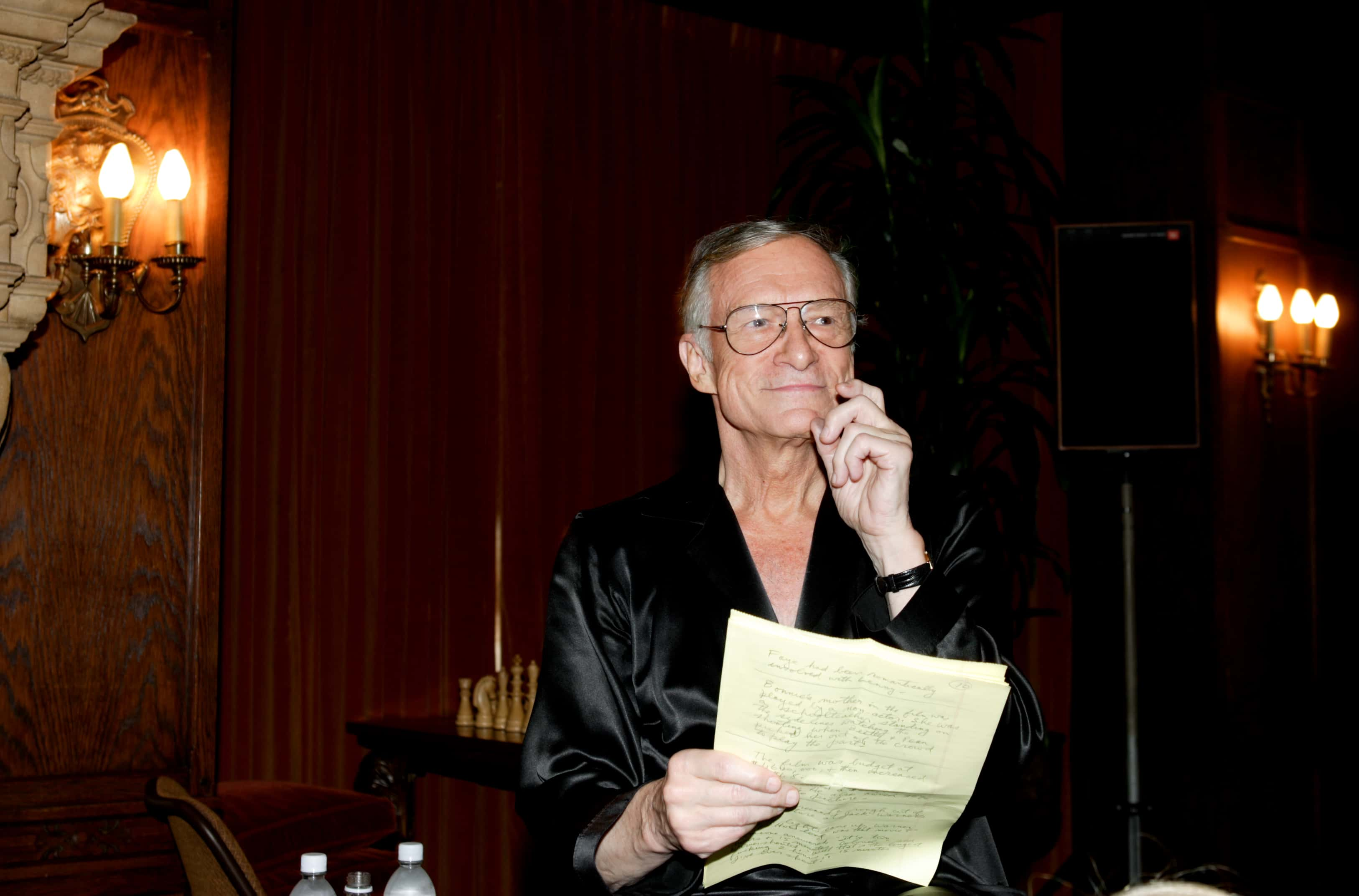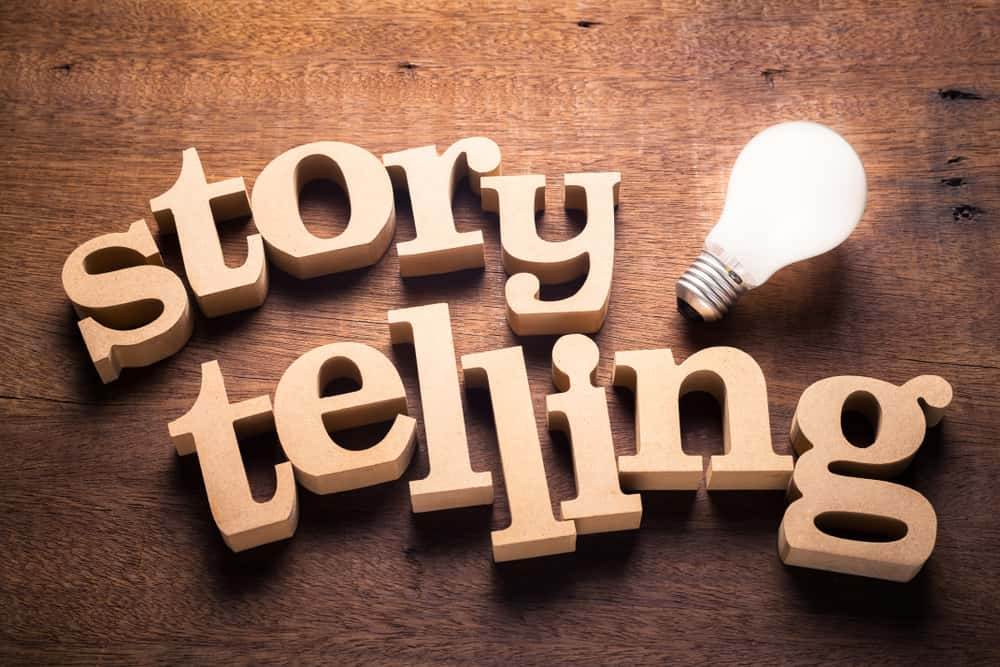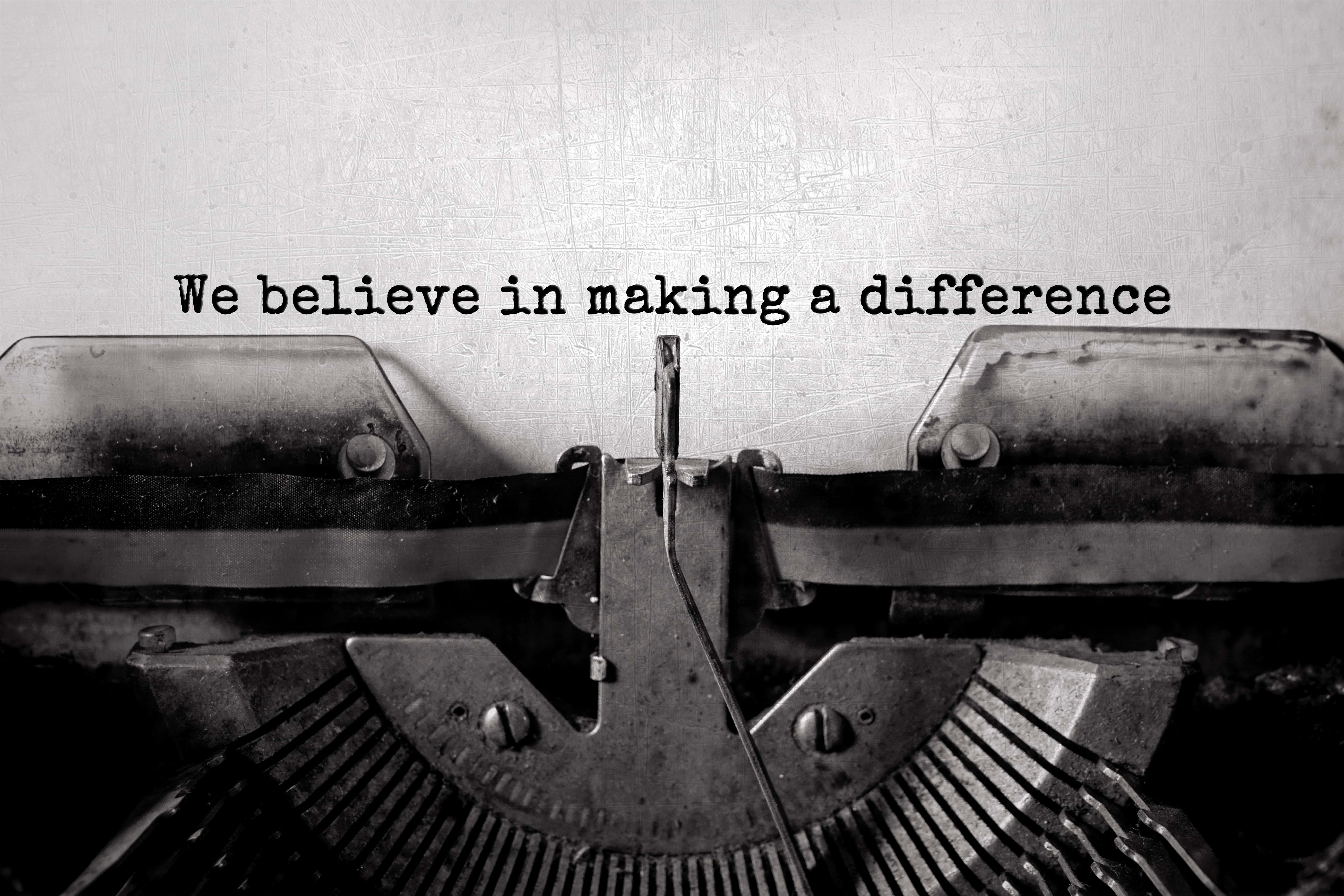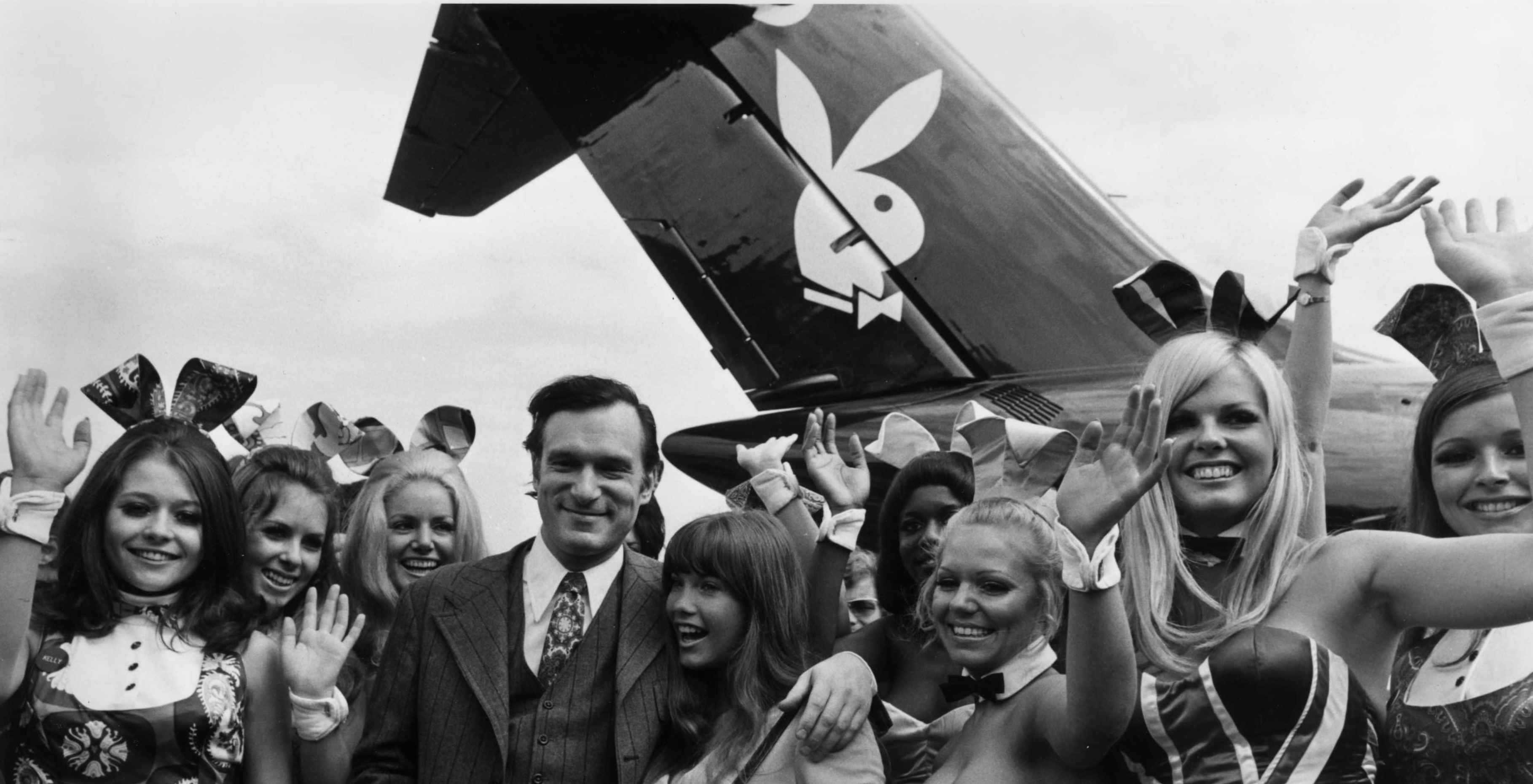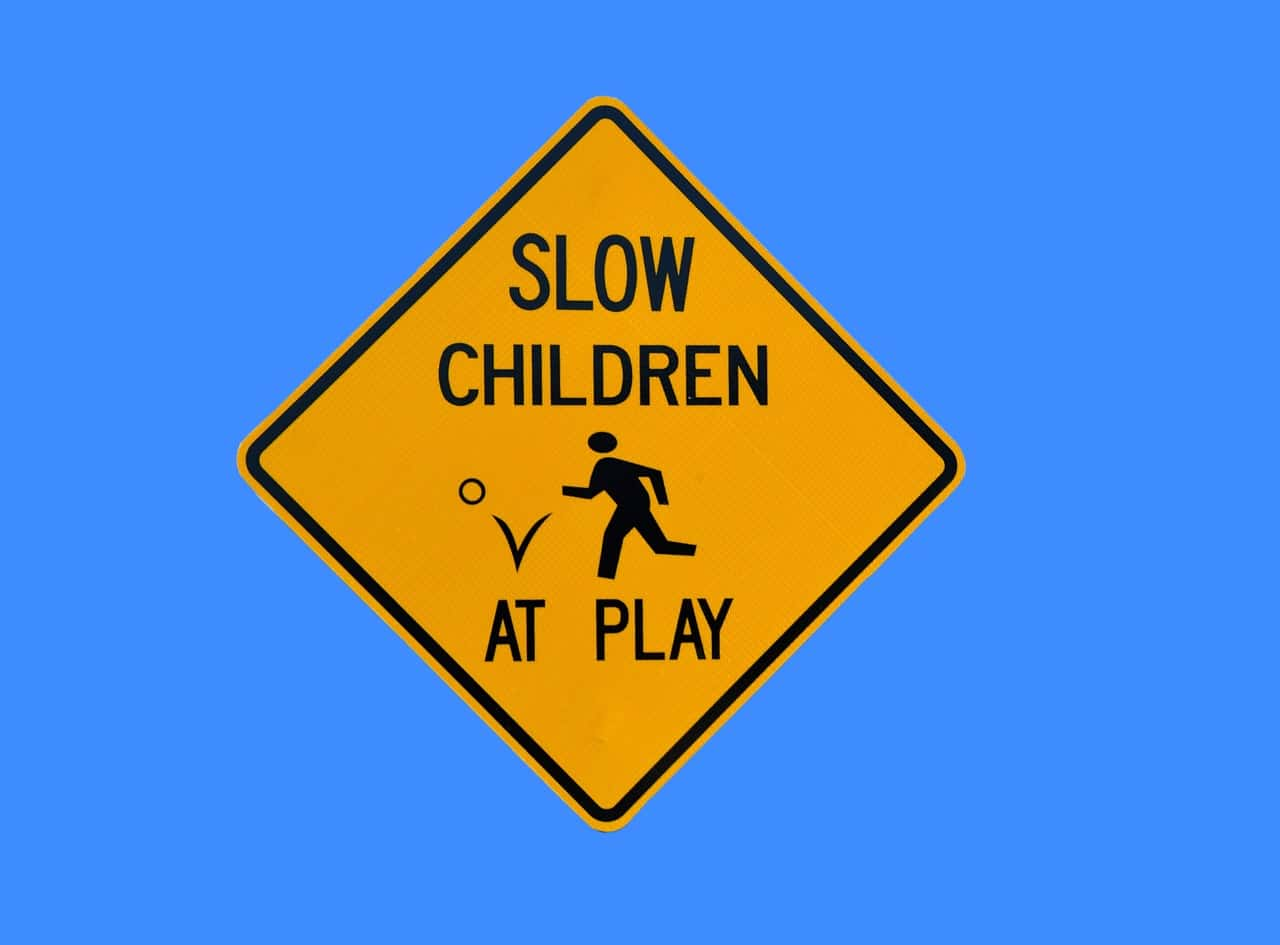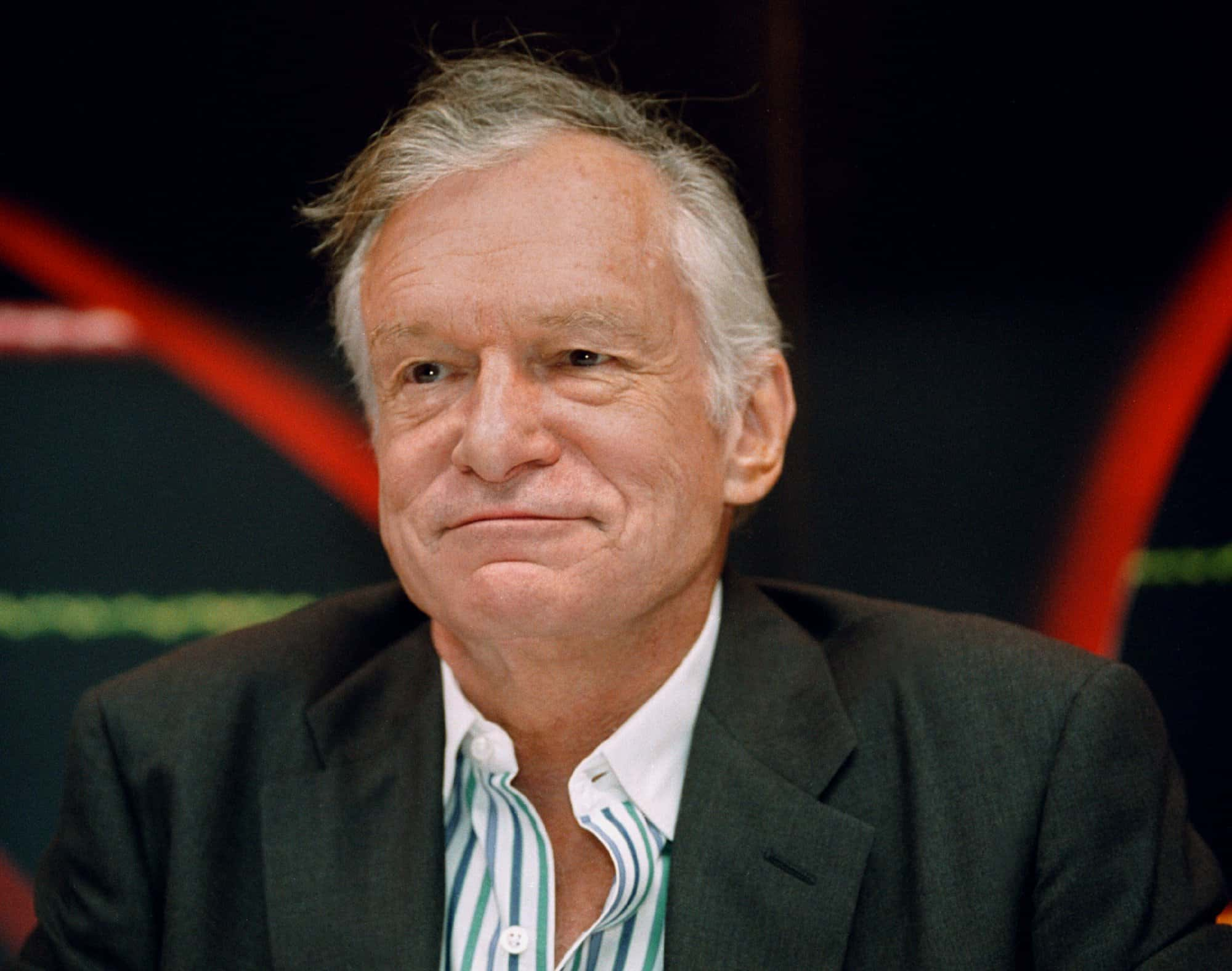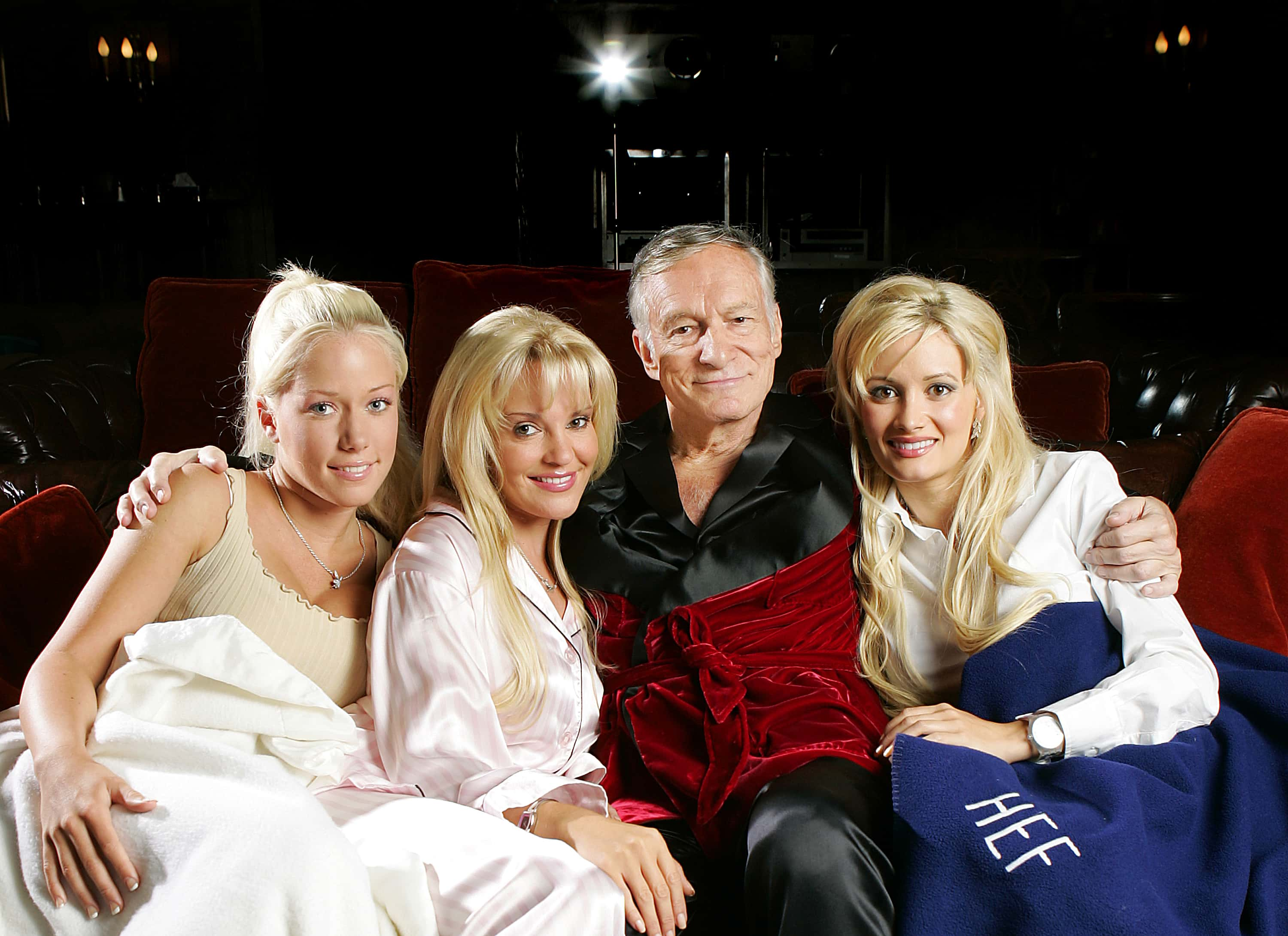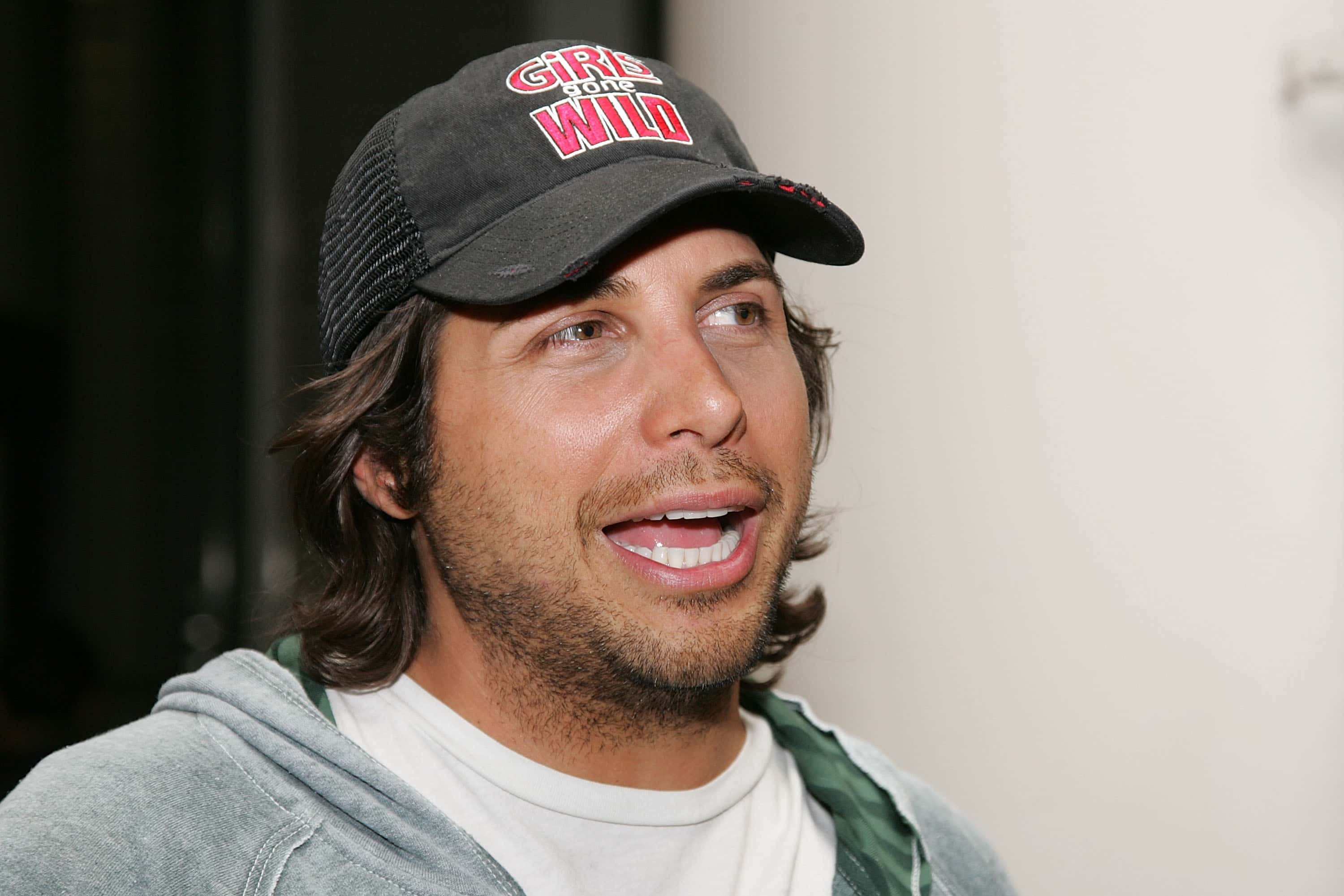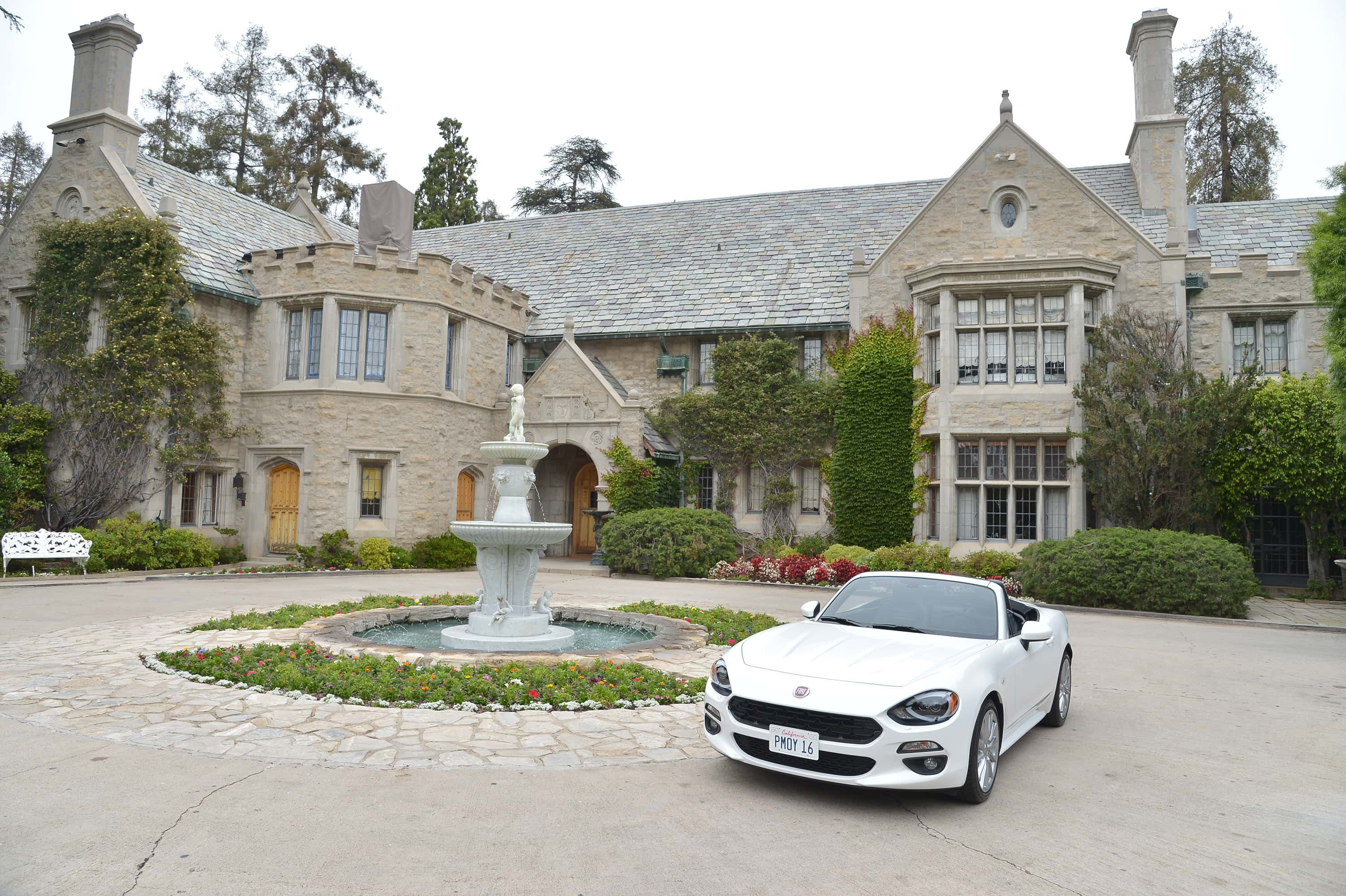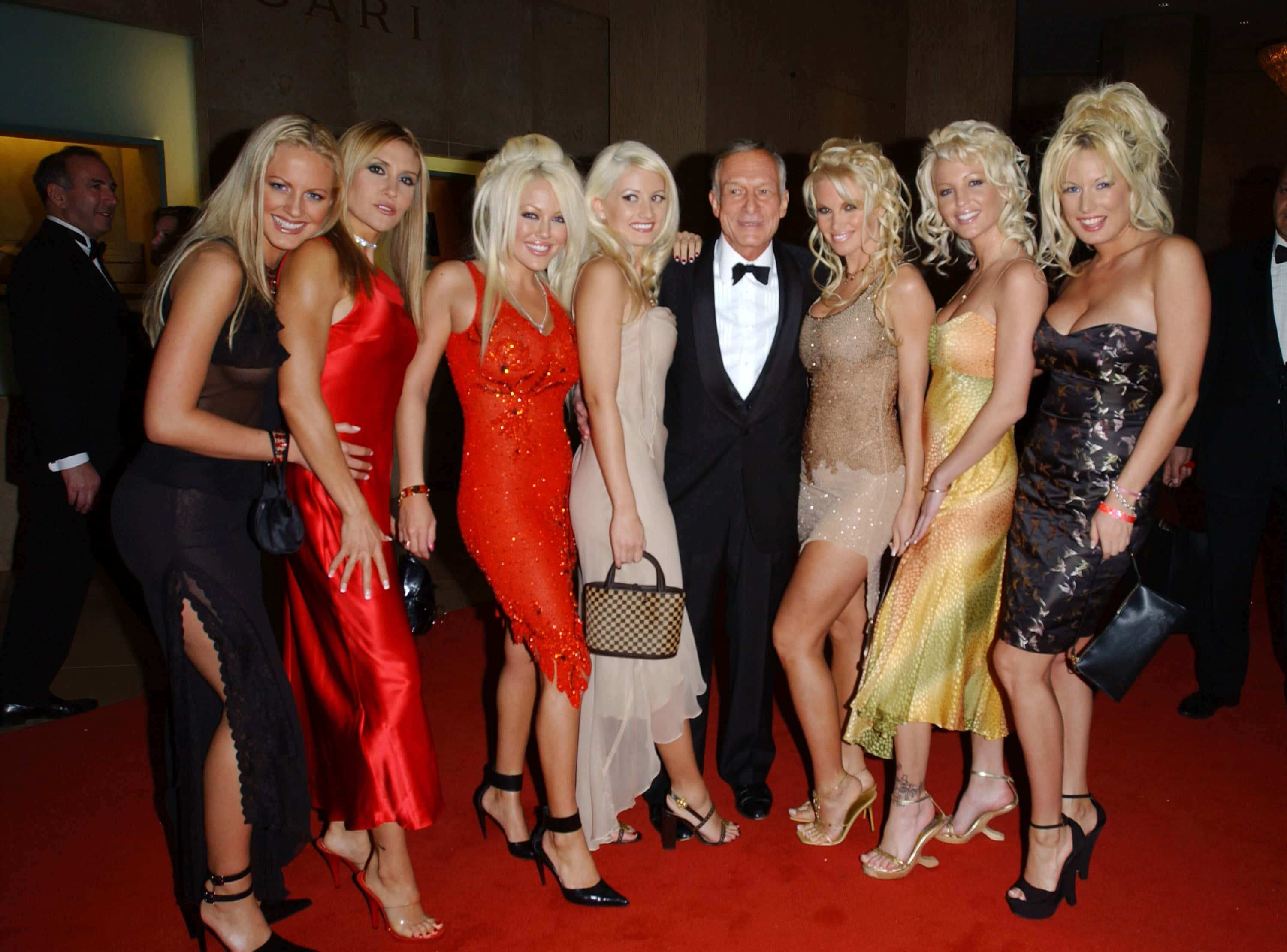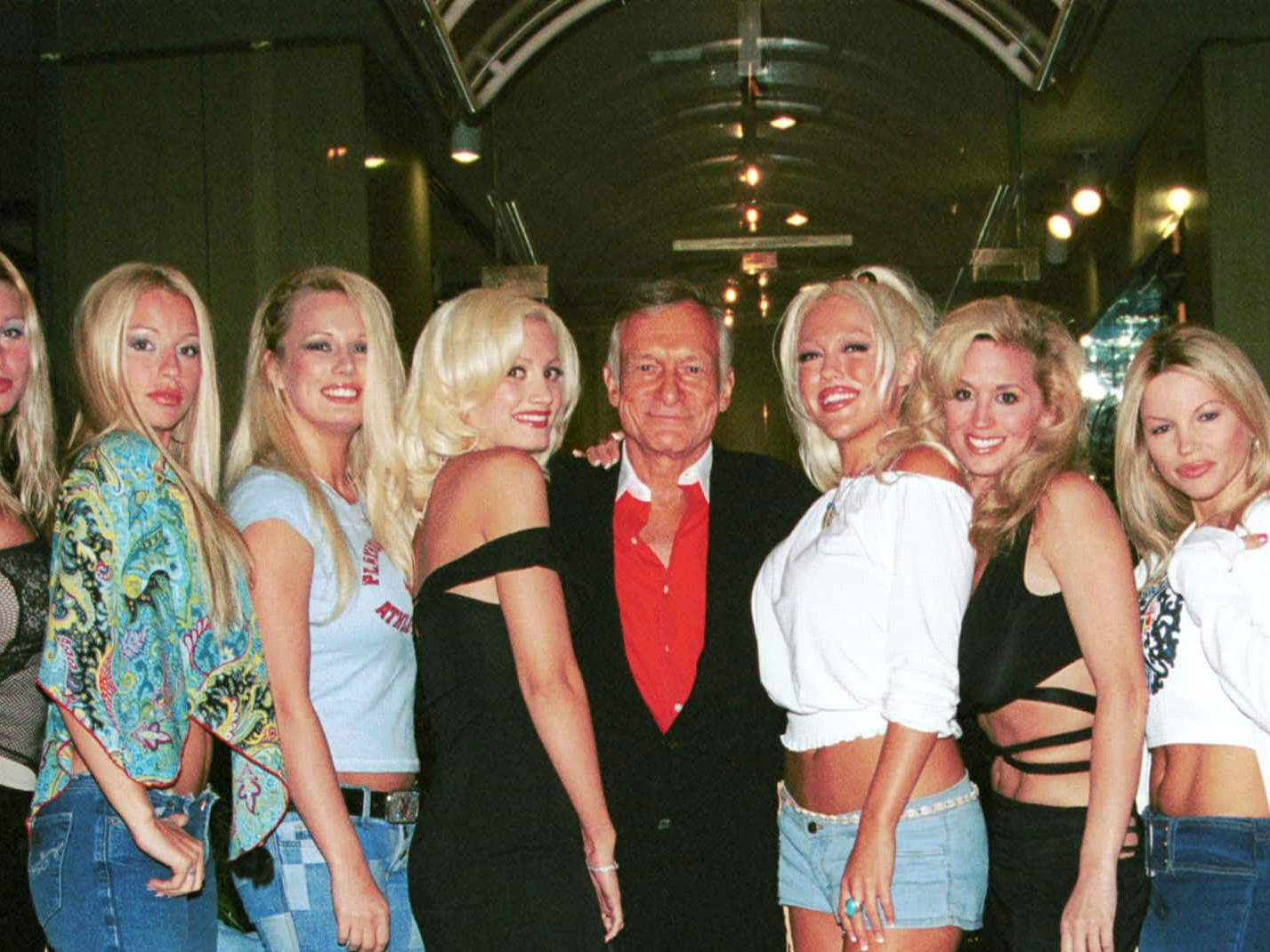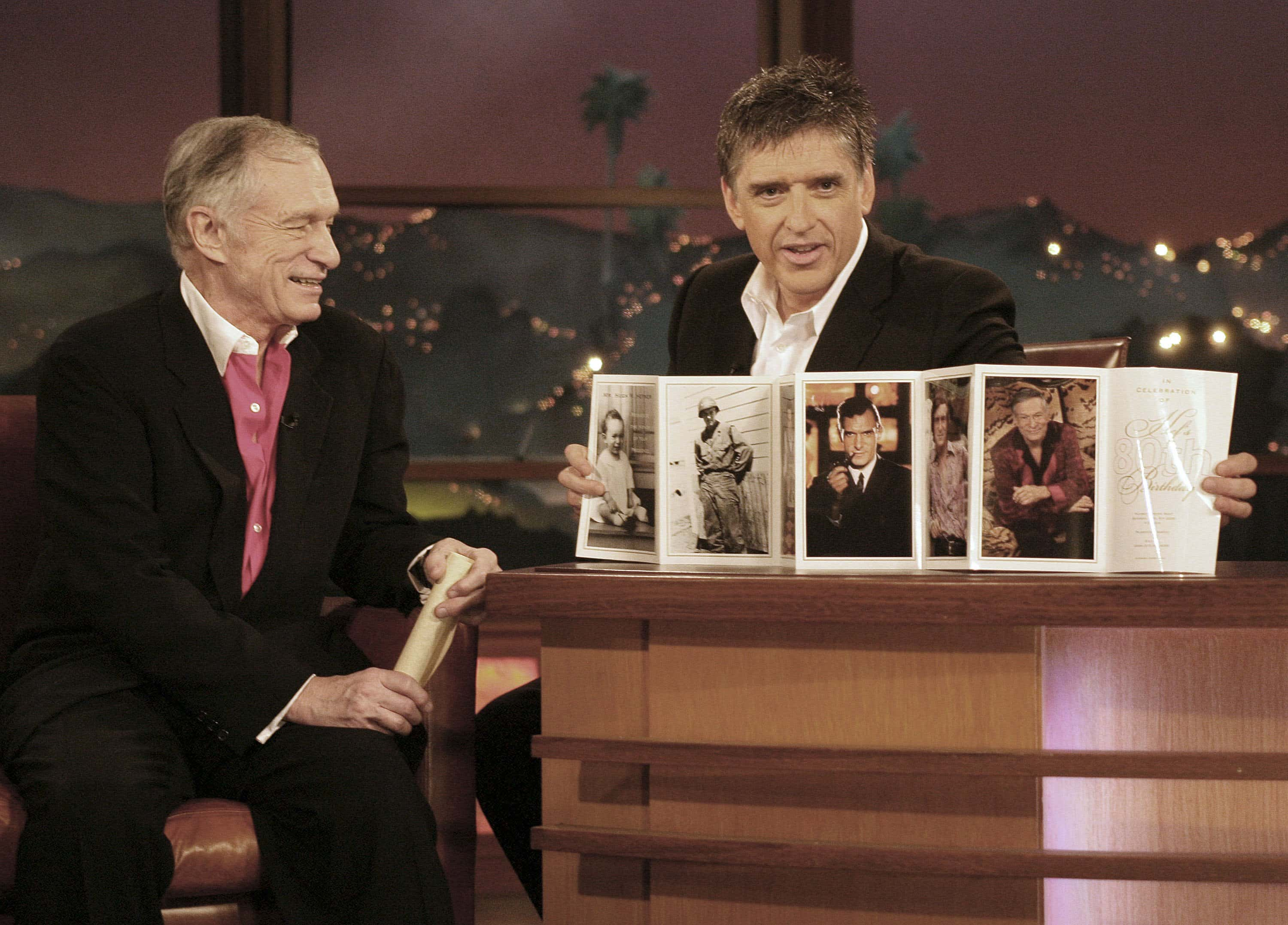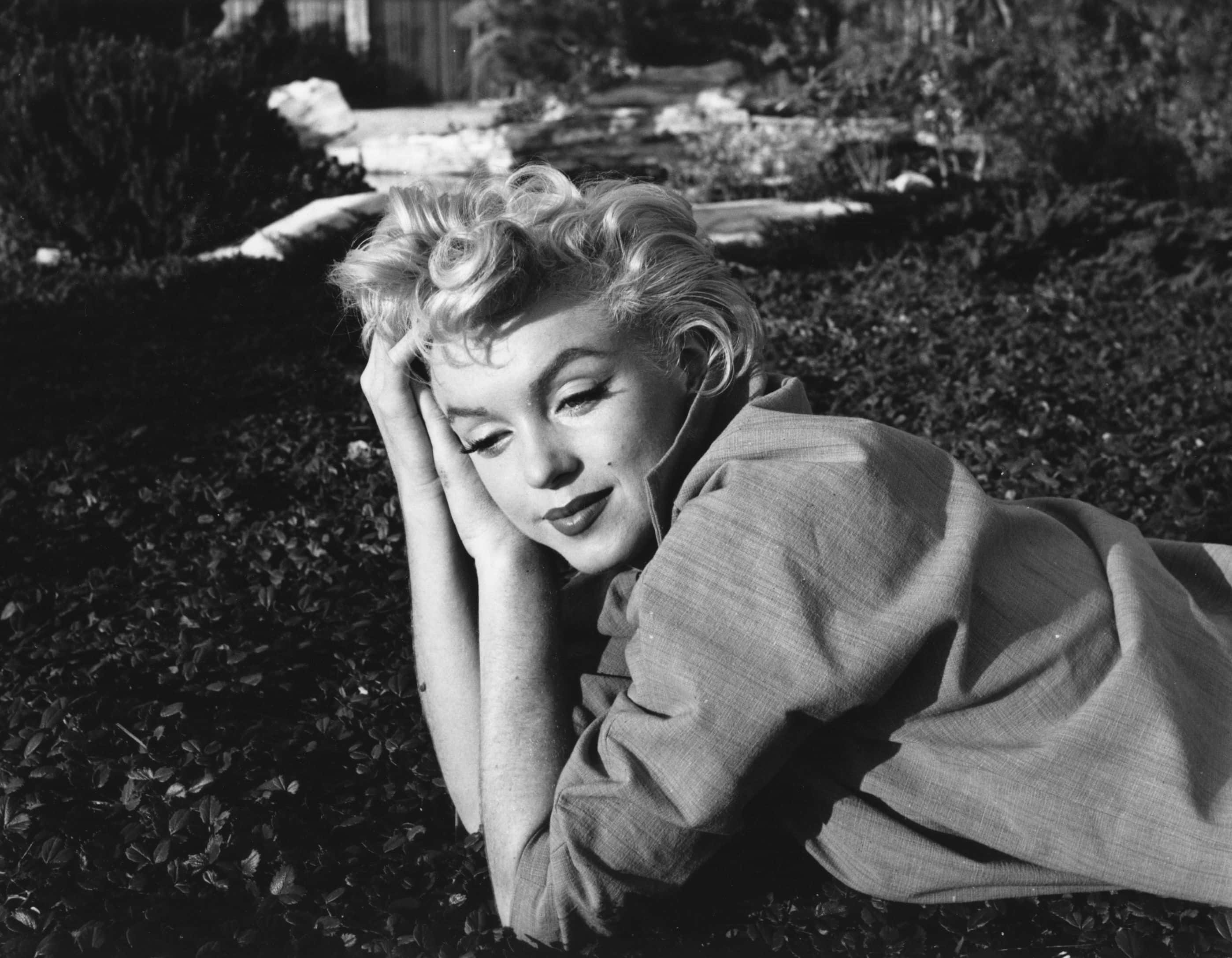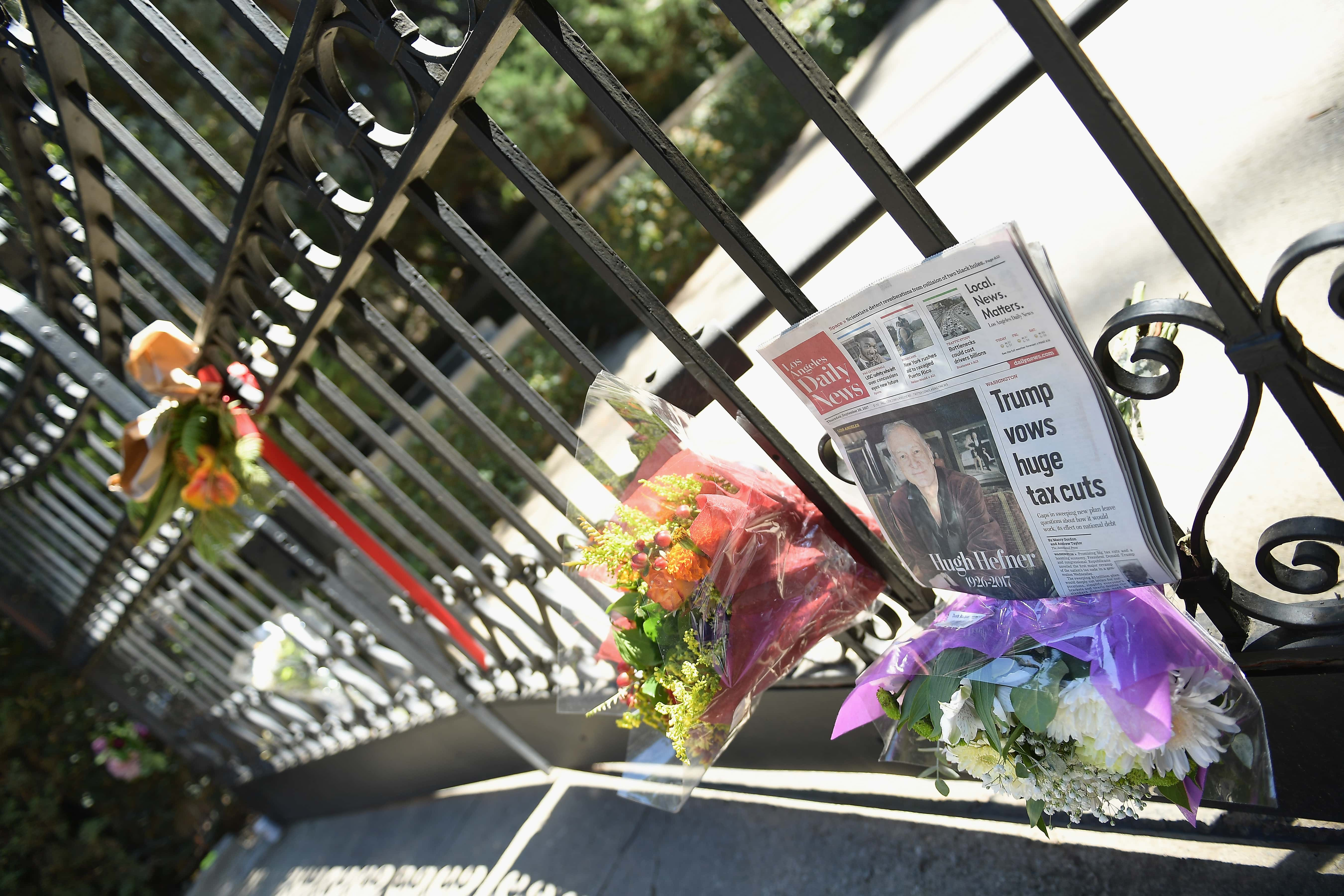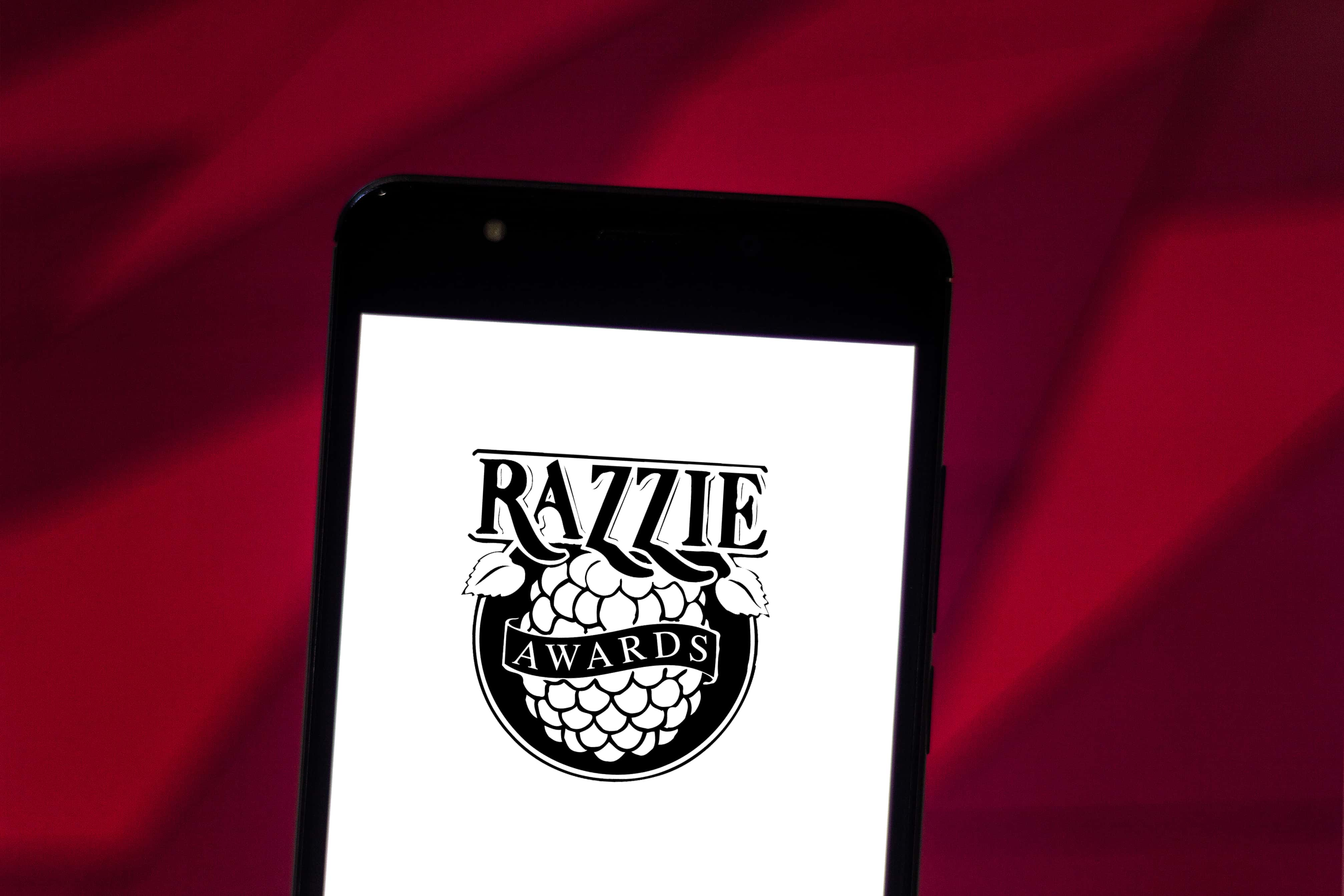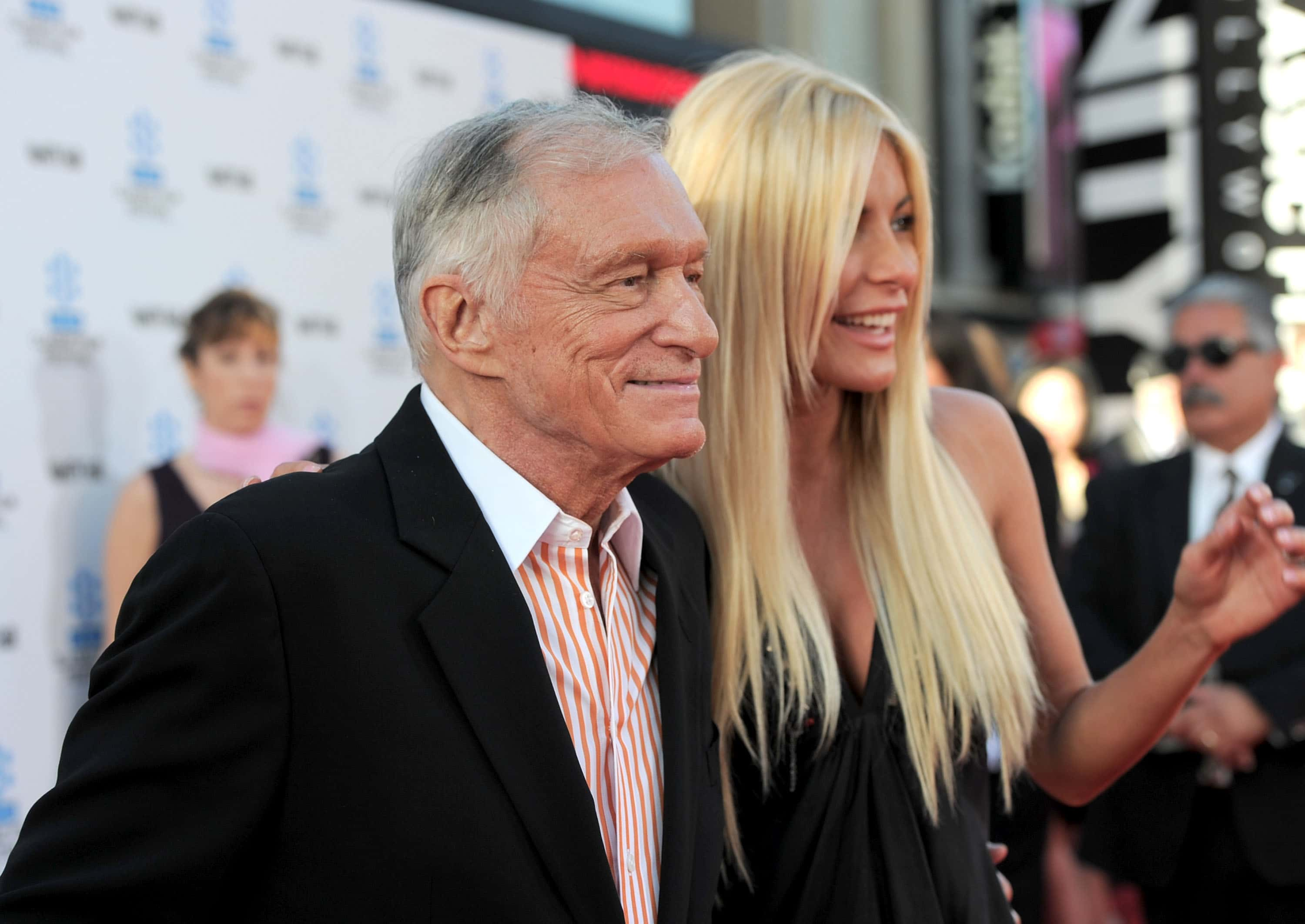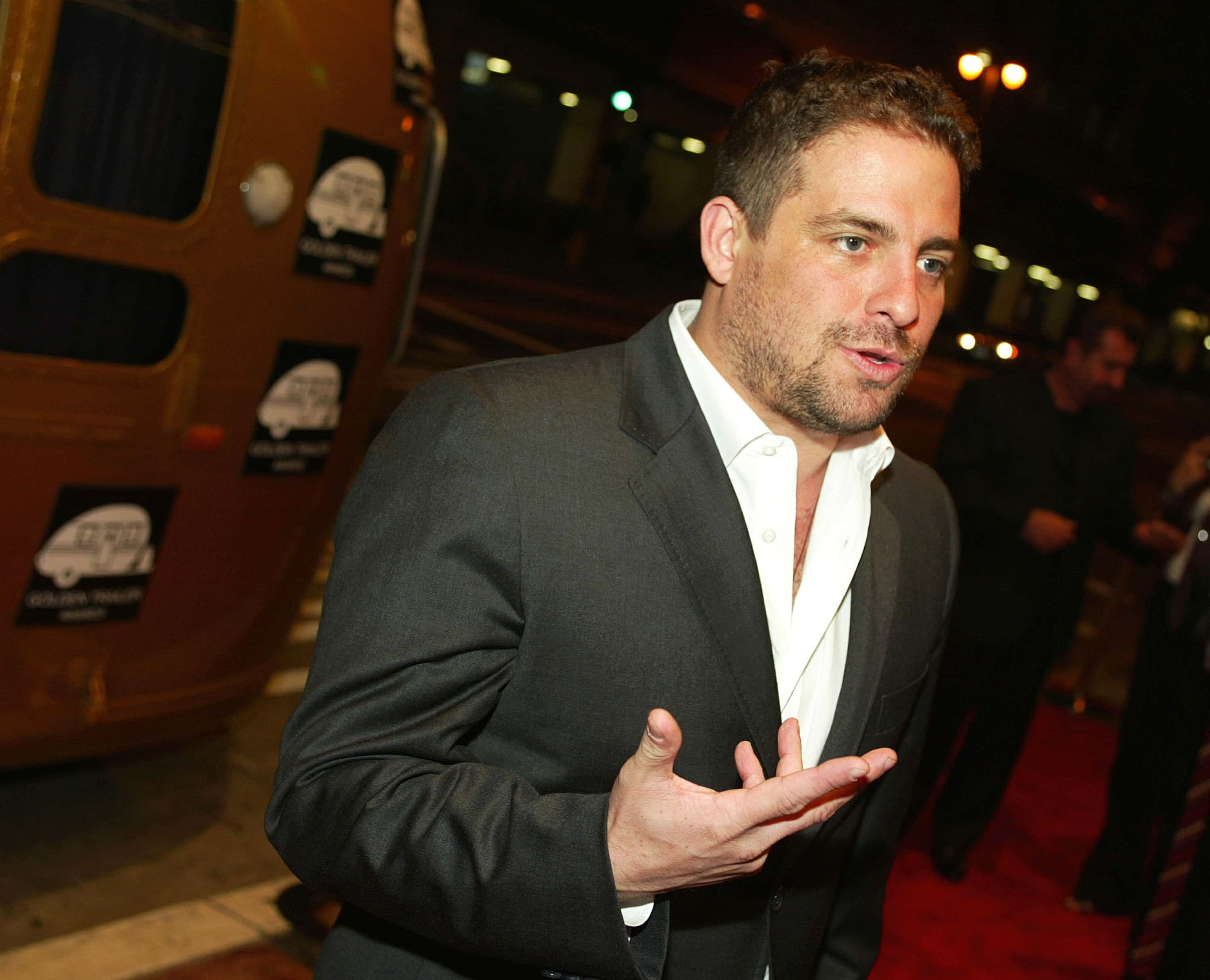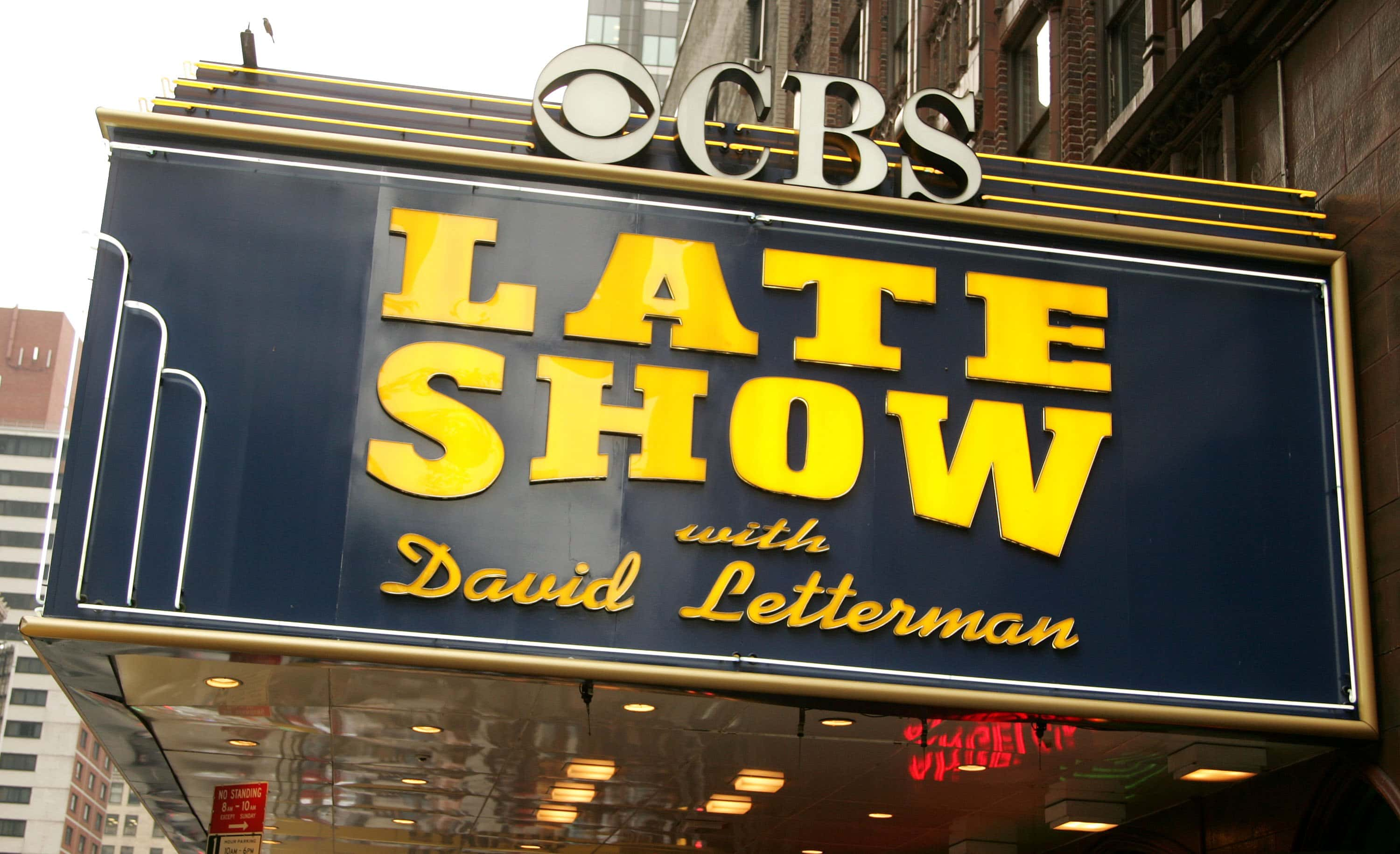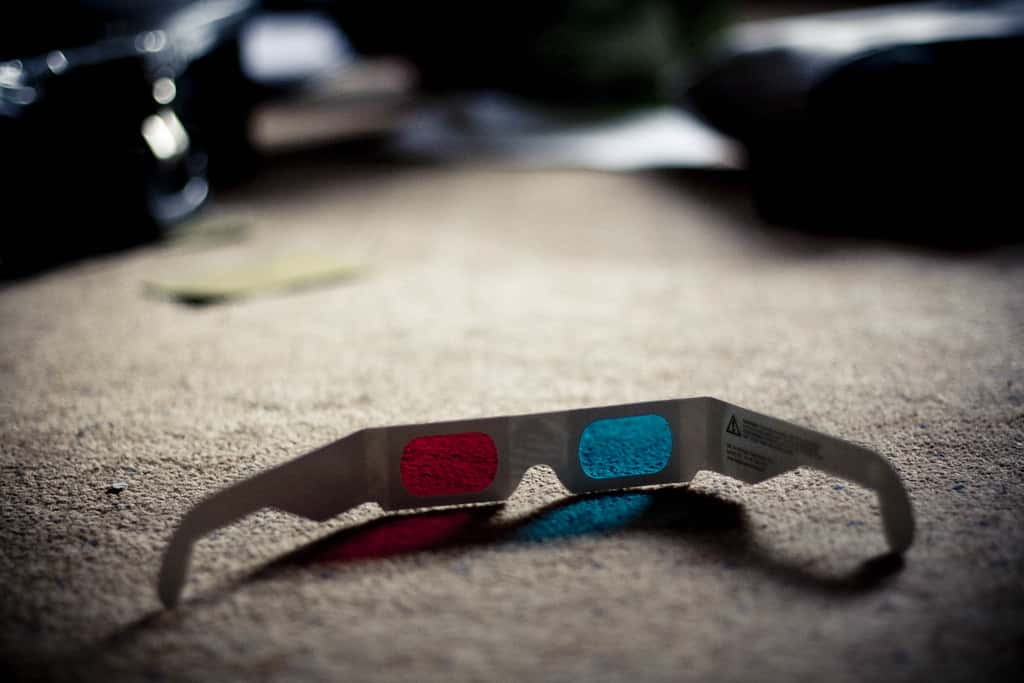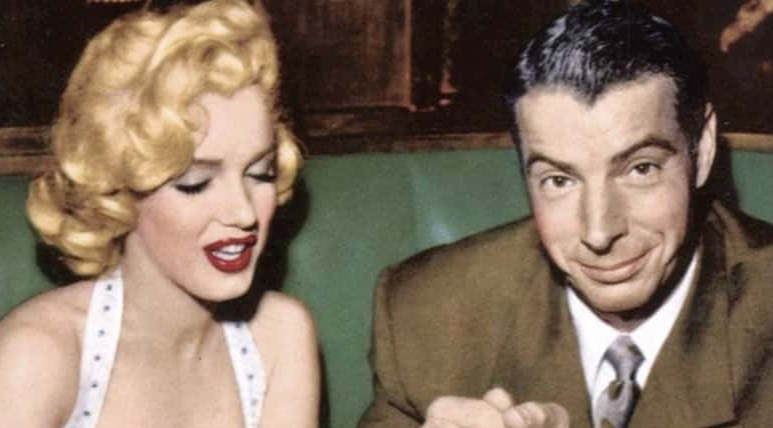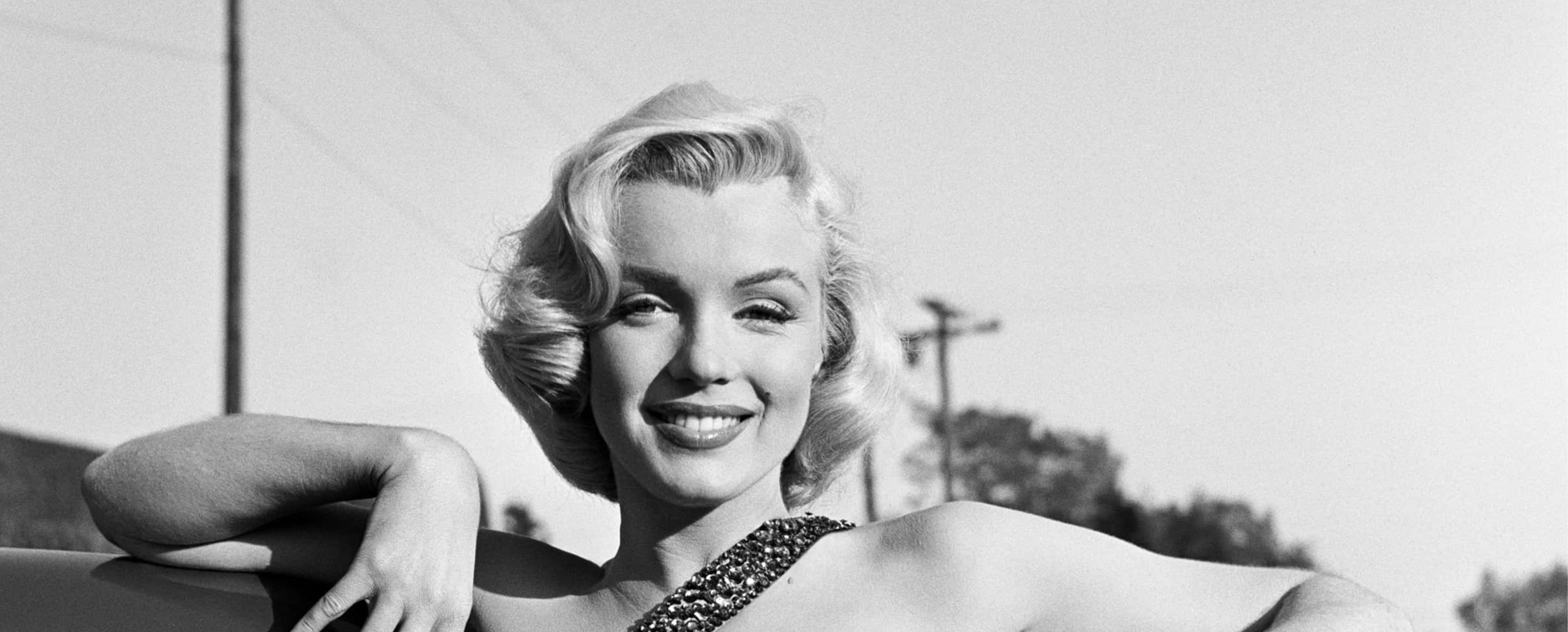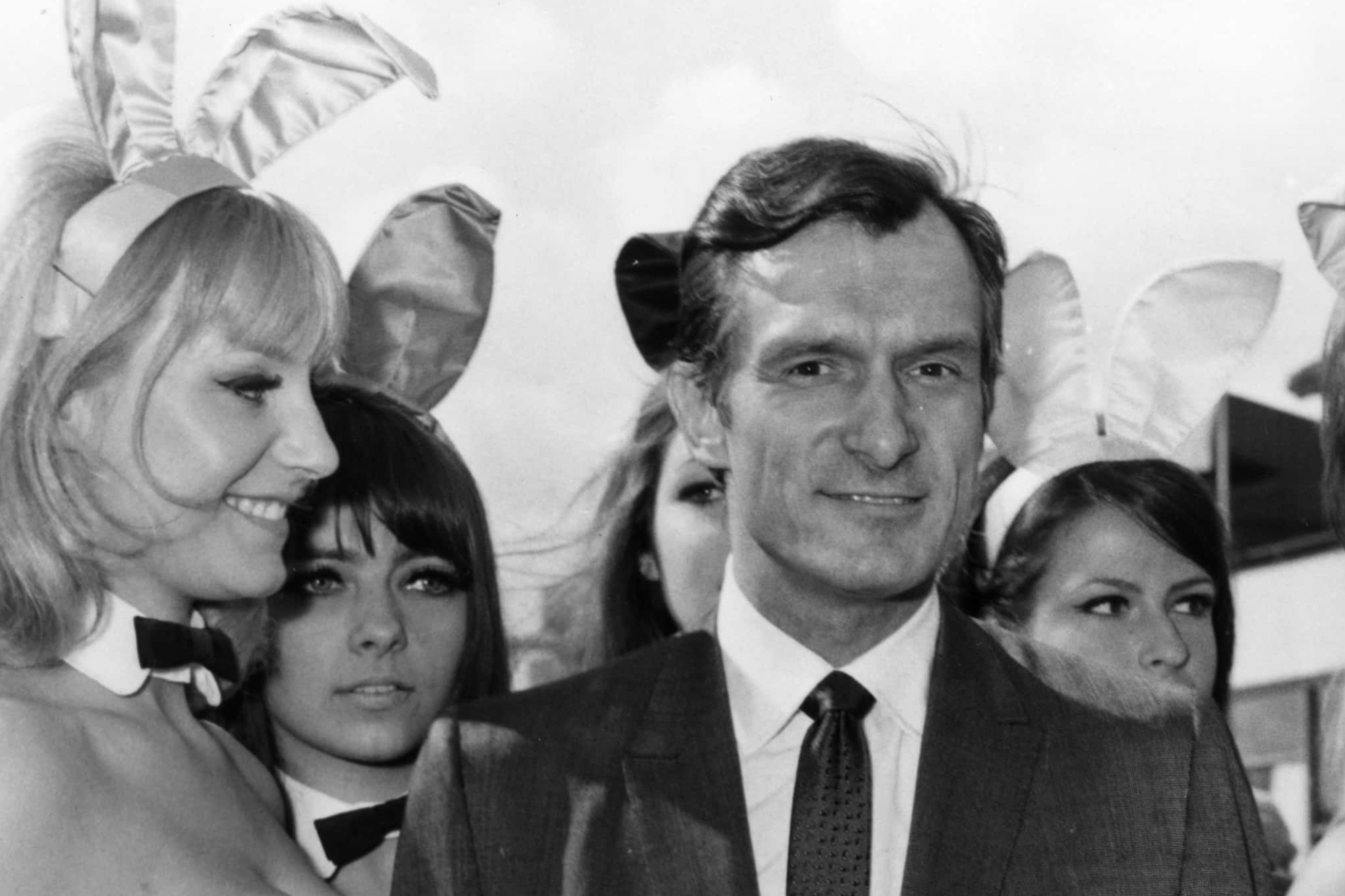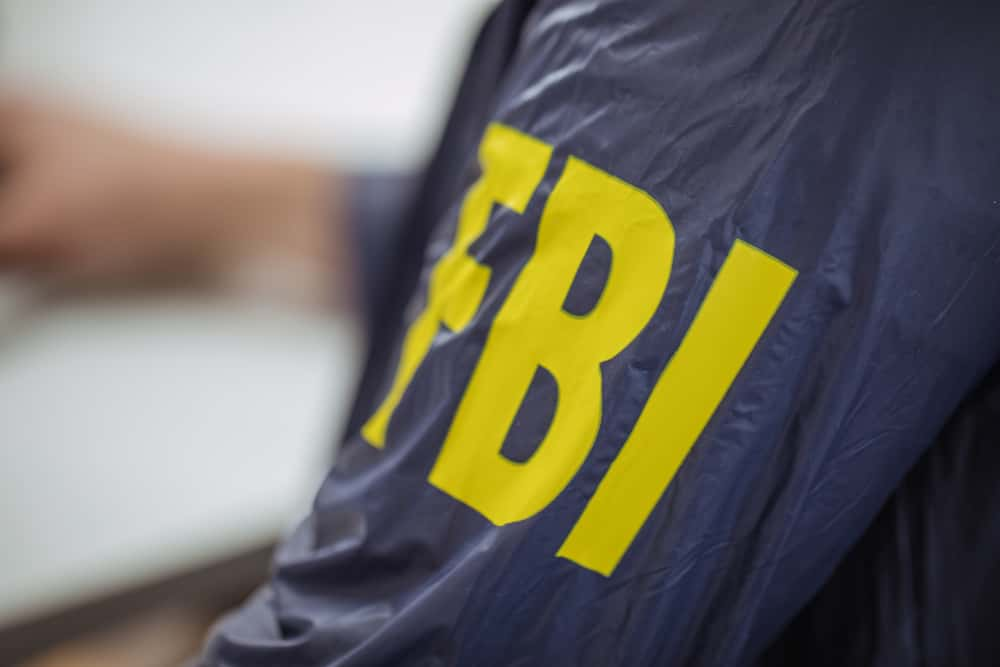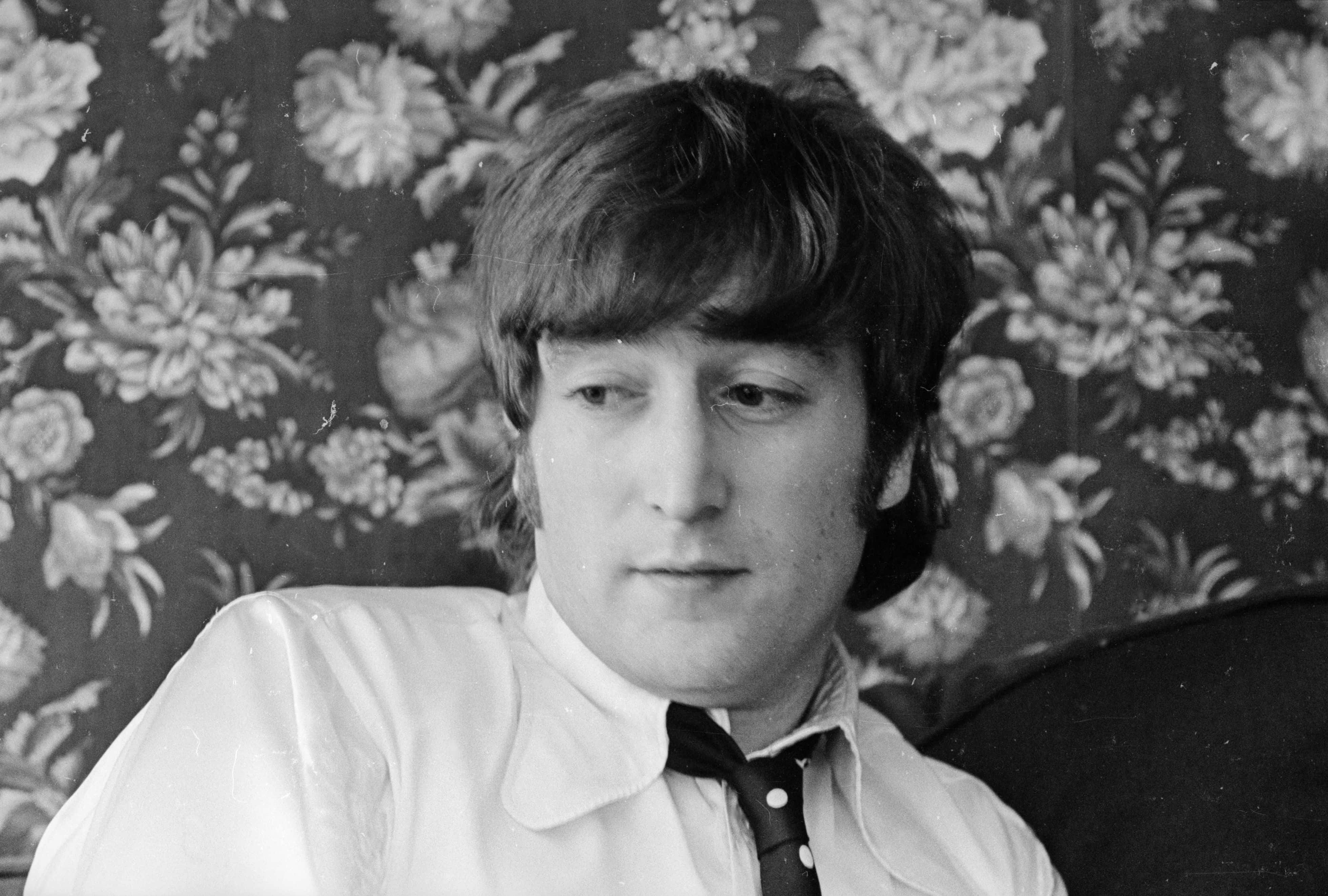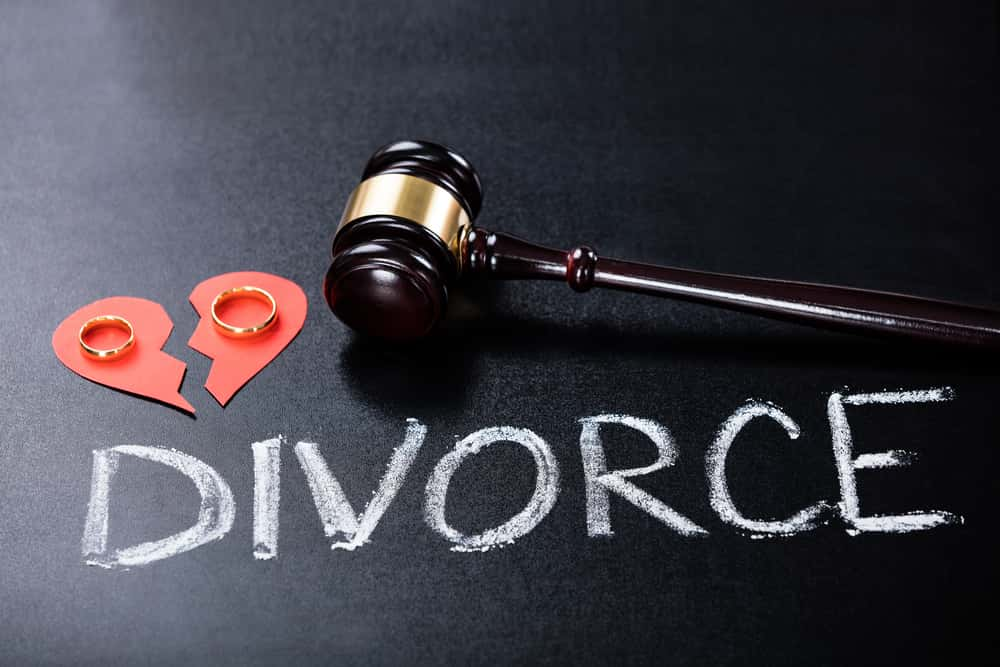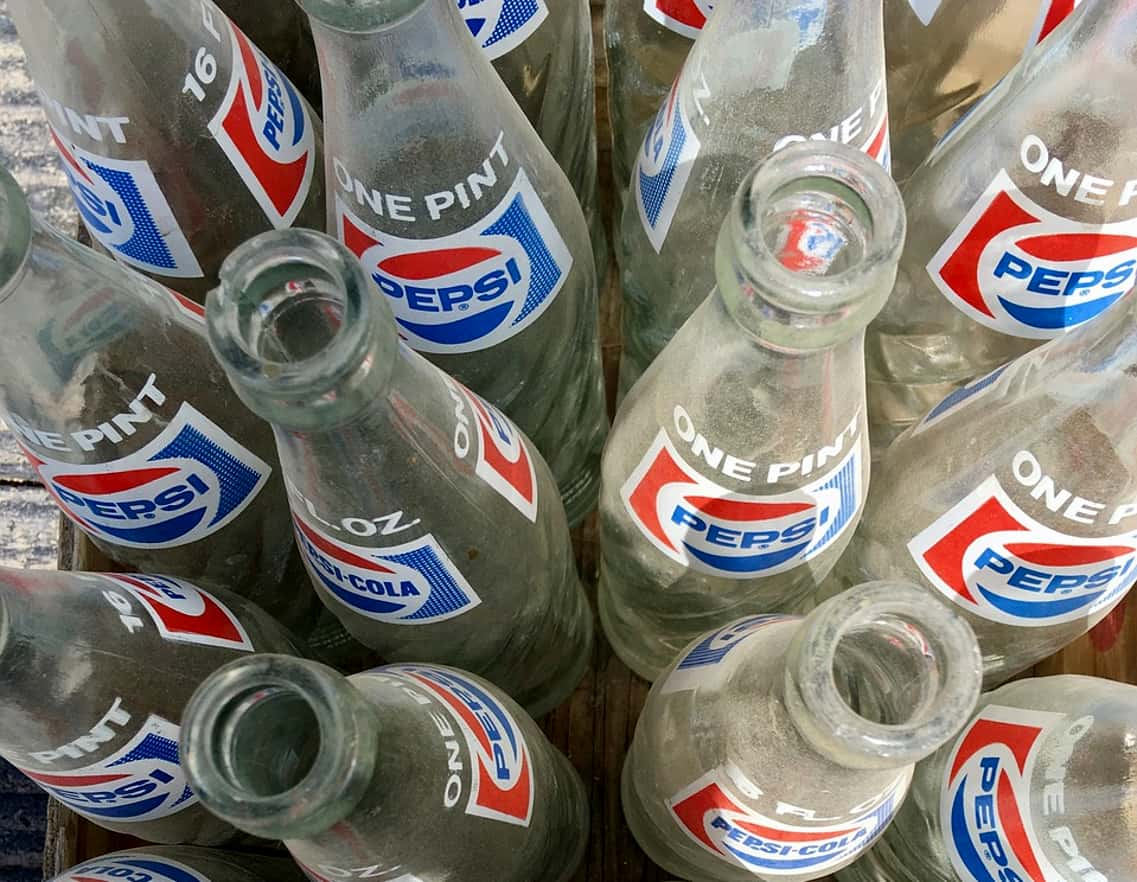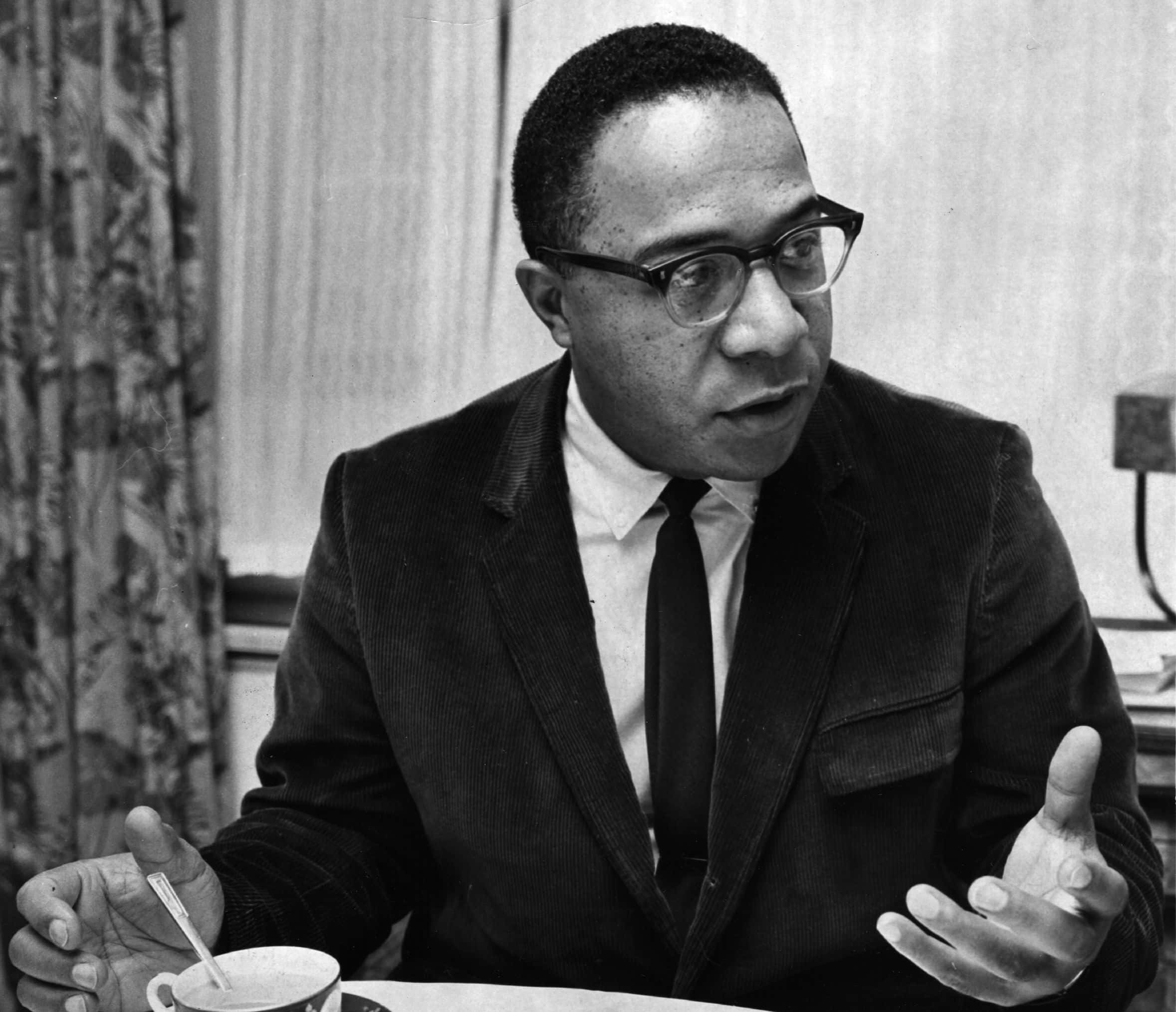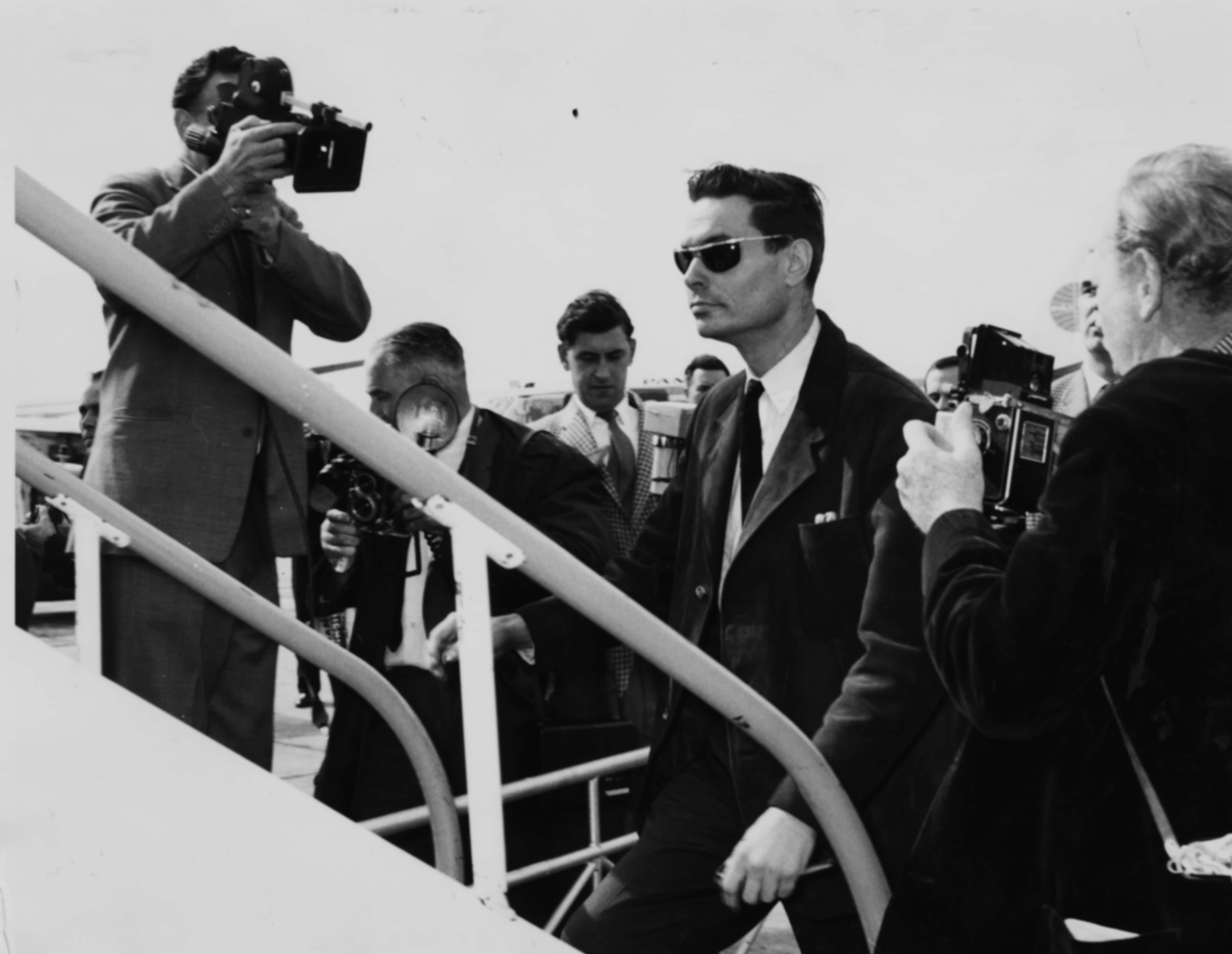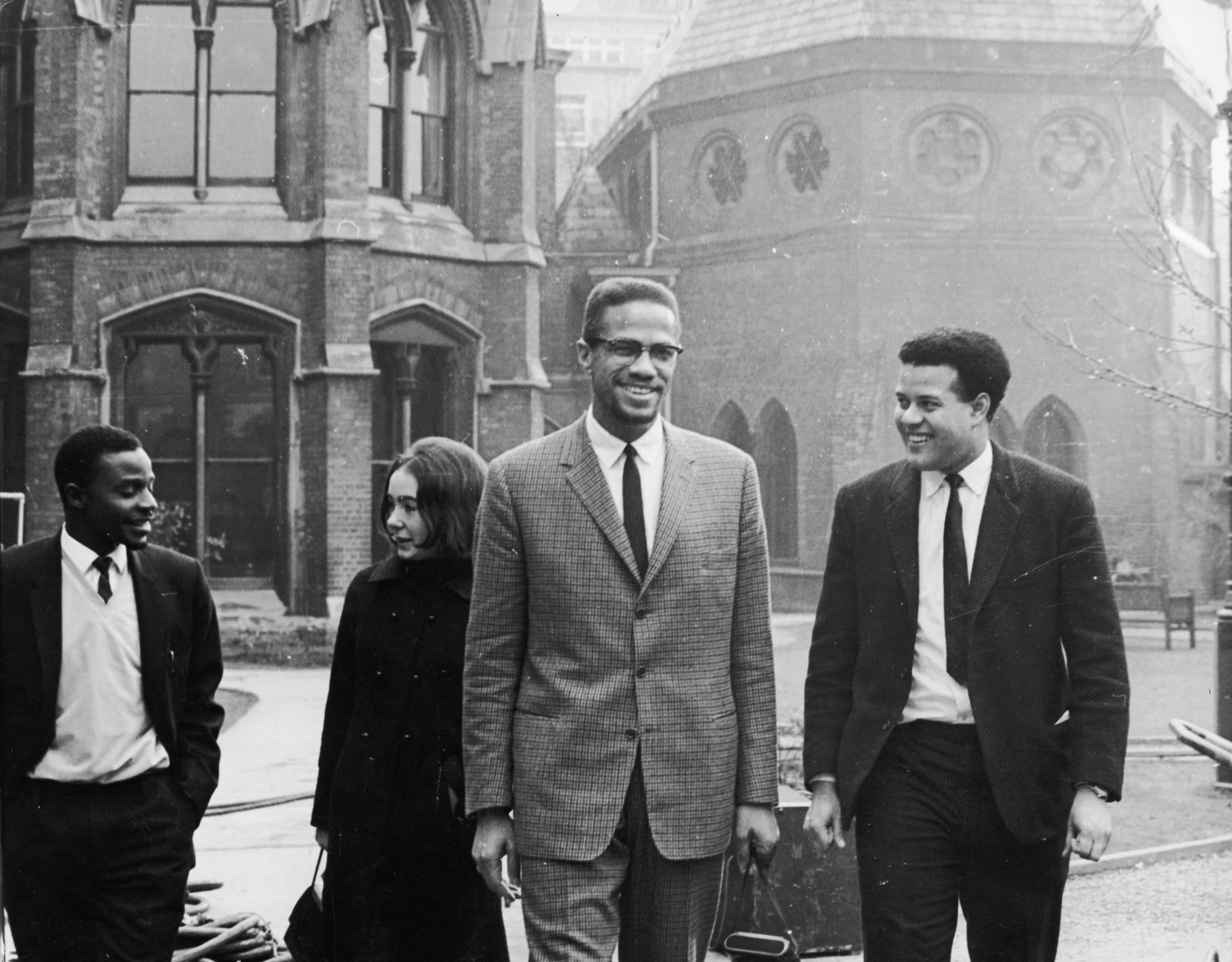Hugh Hefner was one of America’s most intriguing figures. A lifelong champion for equality and a better world, his infamous magazine had a freewheeling and hedonistic approach to sensuality hat helped usher in the sensual revolution. Though the magazine has fielded criticisms for its objectification of women and promotion of extremely narrow standards of beauty, it can't be denied that Hef had an indelible influence on American culture. Whether that influence was overall a net positive or negative is up to you. Below you'll find 57 swingin’ facts about the legendary Hugh Hefner!
1. Underneath the Covers
Every truly iconic figure has their go-to fashion item. Think Bono's sunglasses, or Lady Gaga and her outrageous dresses. Hugh Hefner is no different: his iconic look revolved around an expensive housecoat. So what did Hef wear underneath his famous pajamas? According to the New York Times: nothing!
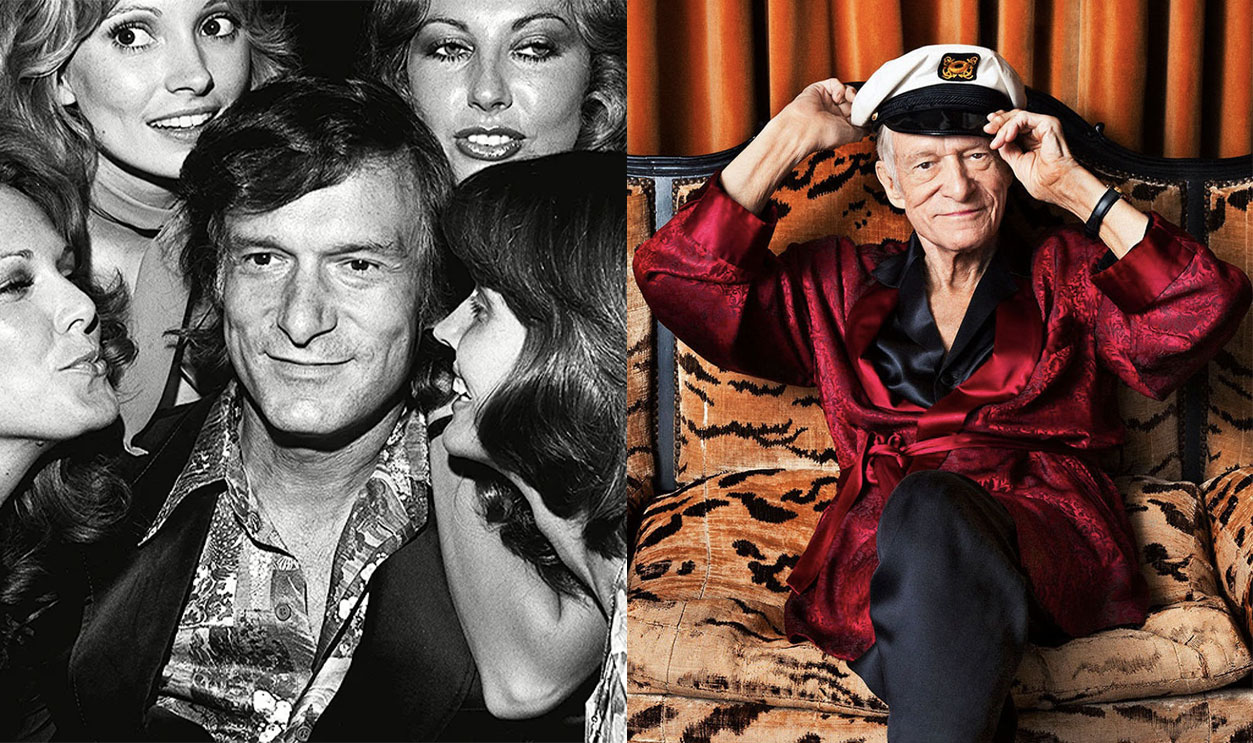
2. Family Man
Hugh Hefner has been married three times and has four children by his first two wives.
3. That Signature Look
Hefner revealed in an interview that his go-to look of pajamas is a natural result of his late-night work habits. After moving his office into his bedroom in the 1960s, he realized he could wear his pajamas all day. He reportedly owned more than 200 pairs of silk pajamas in 20 colors, along with custom-tailored velvet and satin smoke jackets.
4. Descended from Greatness
In 1961, Hugh caught a Richard Gregory performance at a bar in Chicago called the Herman Roberts Show Bar. On the back of that one performance, Hef decided to sign Gregory to come and work for him at the Playboy Club in Chicago. Gregory later credited that performance for helping to launch the rest of his career.
5. Enlisted Man
In 1944, during WWII, Hefner enlisted as an infantry clerk in the army. During basic training, he won a sharpshooter badge. Publishing was clearly his first love though—he contributed cartoons for the Army newspaper.
6. Higher Education
Hef attended the University of Illinois at Urbana-Champaign and earned his Bachelor of Arts in psychology with a double minor in creative writing and arts. Later, he enrolled for a graduate course in sociology at Northwestern University but soon dropped out.
7. Thesis
Before dropping out of Northwestern, Hefner submitted a graduate paper titled, “Sex Behavior and the US Law,” in which he concluded that almost every American would be in prison if all the laws against various sensual acts were enforced. Hmmm...definitely an interesting opinion!
8. Wait For It
Hugh Hefner told the Daily Mail that he had saved himself for marriage, and lost his virginity at age 22 to his first wife, Mildred Williams.
9. Inspiration
The origin story of any person who achieves wild wealth and heaps of fame is always hard to imagine. They must've been successful from the start, right? Not so. In 1951, Hef was working for Esquire, a men’s lifestyle magazine. He wasn't doing poorly, by any means...but he wasn't a world-beater yet, either. But after being denied a $5 raise, Hef quit Esquire and founded his own men’s magazine.
You can probably guess the name: it was Playboy.
10. Strong Start
Hef launched the first issue of the magazine in December 1953. The issue featured Marilyn Monroe’s bare-all calendar shoot. More than 54,000 copies were sold, at 50 cents each. Not a bad start.
11. What’s in a Name?
Hef originally called his publication Stag Party, but changed the name after being advised by the already-existing men’s adventure magazine Stag that they would sue to protect their brand. Based on all the Playboy-branded shirts, bags, even tattoos, that you can see around any major city in North America, it's likely that things worked out pretty nicely.
12. Bunny Origins
Hef’s original vision for Stag Party had another flaw, one that art director Art Paul pointed out: no one would be interested in women dressed as deer. Paul suggested the rabbit as a mascot: it conveyed a playfulness and sly sensual connotations. Paul later admitted to having created the logo in less than half an hour.
13. Practicing What He Preached
In 1960, Hefner and his company started a chain of gentlemen’s clubs, the first opening in Chicago, Illinois. The clubs’ main attraction were attractive, scantily-clad women dressed as bunnies serving drinks. In 1961, the Chicago location had 132,000 visitors in a three-month period, making it the busiest club in the world. But by 1991, the club chain became non-operational.
The franchise was revived again in the early 2000s, with clubs opening in Las Vegas, Macao, and Cancun, but they all closed again by 2014.
14. Civil Rights
In 1960, when racial segregation denied black Americans equal rights, Hefner started his first club in Chicago and offered admission to people of all races. Well done Sir!
15. Obscenity
In 1963, an issue of the magazine featured bare-all pictures of American actress Jayne Mansfield in bed with a man present. The spread was deemed vulgar and obscene, which led to Hefner's arrest on charges of obscenity. However, the charges against him were dropped after the jury was unable to reach a verdict.
16. Universal Symbol
By the 1970s, the magazine's signature rabbit head logo was so well-known that readers could simply draw a rabbit head on an envelope and pop it in the mail. The logo was so recognizable that the letters would arrive at their intended destinations.
17. Uncertain Future
The first issue of Playboy wasn’t printed with an issue number or date. Despite the star power of Marilyn Monroe, Hef wasn’t sure the magazine would get a second issue. Better safe than sorry, I suppose.
18. Thanks, Mom
While raising funds for the launch of his magazine, Hef wasn’t too proud to hit up mom and dad. His father, a public accountant, didn’t think the magazine was a good investment. As Hef was about to leave, his mother took him aside and handed him a cheque for $1,000 from her own savings. Later Hef said, "Not because she believed in the venture, but because she believed in her son". What a mom!
19. Young Eyes
When Hef’s daughter Christie (from his first marriage) visited the mansion as a teenager, “the mansion was cleaned up with all the kinky stuff put away” in an effort to keep her from knowing what was going on. She must have found out later, as she became president of the company.
20. Challenging Critics
Hefner famously offered a special discounted magazine subscription rate for priests and church officials. Why? He wanted to encourage debate with those who criticized his magazine for its bare-all photos and promotion of liberal values including sensual freedom, hedonism, and racial equality. That's an interesting take.
21. Thought Experiment
In 1955, Hugh Hefner published a short story by Charles Beaufort, titled “The Crooked Man". The story was about straight men being discriminated against in a gay world. After receiving numerous pieces of hate mail, he released a statement saying, “If it was wrong to persecute [straight people in a gay society] then the reverse was wrong, too". Pretty forward-thinking, you have to admit.
22. Body Double
When Hefner hosted a dinner party or gathering but is unable to attend, he sent a life-sized cardboard cutout of himself to attend in his place. That’s one way to never miss a party.
23. Giving Back
In 2011, students at the Steinmetz College Prep high school in Chicago made a plea for Hugh Hefner to donate money to cover printing costs of their school newsletter. Hefner agreed to support the school for five years with a $50,000 grant.
24. Social Good
Initial funding for the first sexual assault kit came from Hugh Hefner and the Playboy Foundation. Hefner’s daughter, Christie, was friends with Martha Godard, an activist who began advocating for the kits in the 1970s.
25. Party Plane
In the 1960s, Hugh Hefner owned a personal Douglas DC9 Jetliner called the Big Bunny. It was painted black and had private bedrooms, a discotheque, a movie theatre, and a crew of jet bunnies in black miniskirts. The plane was also decked out with a round bed covered in fur, showers, and even a powder room.
26. When Hefner
When Hefner became a father for the third and fourth times, his two sons were raised at this mansion. Nakedness was banned, and the grounds became littered with toys and games. The “Playmates at Play” sign was rewritten to read “Children at Play”
27. Equality
Hugh Hefner was a steadfast supporter of gay rights and the fight for the legalization of gay marriage. In an editorial he wrote and published in the magazine in 2012, he said, “The fight for gay marriage is, in reality, a fight for all of our rights". In an argument reminiscent of his graduate school paper he wrote in his youth, he wrote, “Their goal is to dehumanize everyone’s [sensuality] and reduce us to using [intercourse] for the sole purpose of perpetuating our species. To that end, they will criminalize your entire [personal] life".
28. Playing by the Rules
Despite Hefner’s reputation for hedonism and liberalism, he reportedly had strict rules for the “girlfriends” who lived with him in the mansion. Past girlfriends have publically complained about the severe restrictions and regulations, including a zero-tolerance policy on illicit substances and drunkenness, a no-visitors policy, and a strict 9 pm curfew.
29. Apparently There is a Line
Hefner criticized Joe Francis, founder of the Girls Gone Wild franchise. Said Hef, “I’m not a fan because I think it’s exploitative and I don’t think he’s a very nice guy”.
30. Unauthorized
After Vanessa Williams was stripped of her Miss America title, Hugh Hefner was offered the bare-all photos that lead to her resignation. He turned them down, saying, “There was never any question of our interest. But they clearly weren’t authorized and because they would cause considerable embarrassment, we decided not to publish".
31. An Honor
Hugh Hefner had an endangered subspecies of Marsh rabbit, Sylvilagus palustris hefneri. The species was named after him in 1984 by James D. Lazell Jr, whose research was generously funded by the Playboy Corporation.
32. He Put the “Y” in Hollywood
Hefner helped save a Hollywood landmark—the Hollywood sign—twice. In the 1970s, Hef offered up $27,000 at a charity auction to restore the letter “Y” in the sign. In 2010, he donated $900,000 to preserve the 138-acre tract of land surrounding the sign.
33. Nice Digs
Hefner bought his infamous mansion in 1971 for over $1 million. Its previous owner was significantly less swinging—it was owned by world-renowned chess player and engineer Louis D. Statham. Hef renovated the 22-room mansion with a game room, movie theatre, zoo/aviary, a tennis/basketball court, and a swimming pool complete with waterfall and grotto. The mansion also housed the editorial offices of Playboy Enterprises, who officially owned the mansion.
In 2016, the Mansion was sold for $100 million to Hostess Brands co-owner Daren Metropolous, on the condition that Hef be allowed to stay in the mansion for $1 million per year in rent. Metropolous only collected rent once—Hefner passed on the year following the sale.
34. Priorities
In the final years of his life, Hugh Hefner had gone almost completely deaf. This may have been a side effect of his liberal use of the erectile dysfunction drug Viagra. Karissa Shannon, one of his “girlfriends,” told The Sun, “he would rather have [intercourse] than have his hearing".
35. What A Tally
In Hugh Hefner’s 91 years, how many women did the world’s most famous womanizer bed? He claims to have always been faithful while married—but also claims to have “made up for it” while he was single between his three marriages. In 2015, Hef told Esquire that he had slept with “over a thousand” women.
36. World’s Largest
Hugh Hefner holds not one but two Guinness World Records. One, for being the longest-serving editor-in-chief of a magazine. The other, for holding the world’s largest collection of personal scrapbooks.
37. For Posterity
Hef’s penchant for scrapbooking is no joke. As of 2011, Hefner had almost 2,400 volumes of scrapbooks in the attic of his mansion, filled with pictures of his various parties and gatherings. He hired a dedicated archivist, Steve Martinez, to oversee his life’s project, and left instructions that the last volumes be filled with his obituaries after his passing. Think this list will make it in?
38. Obsession
Hugh Hefner had an obsession with Marilyn Monroe, whose bare-all calendar shoot graced the very first issue of his magazine, even though the two never met. In 1992, he purchased the crypt next to hers at the Westwood Village Memorial Park Cemetery for $75,000—though, despite the obvious connection between the two, Hefner never actually met Monroe.
39. Final Resting Place
Hefner passed on from natural causes at his home in Holmby Hills, Los Angeles, California on September 27, 2017, at the age of 91. He was laid to rest, as he wished, in the crypt he purchased beside Marilyn Monroe.
40. Man on a Mission
Hefner almost with an extremely different career. When he was young, his conservative Christian mother envisioned him as a missionary. Let’s just say thing went in a slightly different direction.
41. Know Thyself
Hefner tried his hand at acting a few times, though not always with the best results. He was nominated for the Razzie Award for Worst Supporting Actor in 2009, for his performance as himself in the film Miss March. Hef, at least, took the nod in good humor: He poked fun at his performance on Twitter, joking: "Maybe I didn't understand the character".
42. Whoops
The July 2011 issue of the magazine featured Hefner's fiancee, Crystal Harris, on the cover, with the headline "Introducing America's Princess, Mrs. Crystal Hefner". The two were meant to be married on June 14, that year, and the issue was a celebration of their nuptials. There was only one problem: Harris had called off the wedding just five days before the date. There hadn't been time to change the July issue. Now that's got to be awkward...
Don't worry though, Harris and Hef eventually reconciled, and got married on New Year's Eve, 2012. So it took awhile, but eventually, that July issue became accurate.
43. On Screen
Not long after Hefner's passing, a biopic about him was announced. Jared Leto was to play the actor in a film about his life, and Brett Ratner was attached to direct. Then, a month later, the allegations of misconduct against Ratner became public, and the film was put on hold indefinitely. However, if any diehard Hef-heads out there are desperate, don't fret: There's always the 2017 Amazon miniseries American Playboy: The Hugh Hefner Story.
44. Up All Night
In 1985, Hefner appeared on one of the early episodes of Late Night with David Letterman. Letterman got straight to the point, asking him if life at the mansion was "just unbelievable wild [intercourse] all night long?" Hefner, every the quick-wit, had the perfect answer: "We take time off from the wild [intercourse] to watch your show".
45. Nothing's Says "Timeless" Like 3D Glasses
The very first issue of Hef's magazine was almost...in 3D? Hefner was desperately looking for a gimmick that could help his magazine get off the ground, and he even went so far as to have the 3D photos shot. He only backed out because he eventually realized the including a pair of 3D glasses in every issue was going to cost way too much money. Maybe it was for the best...
46. Fortunate Circumstances
Hefner getting the iconic photo of Marilyn Monroe for his debut issue was a matter of being in the right place at the right time. He learned that the photograph was owned by the John Baumgarth calendar company, which happened to be headquartered on the other side of Chicago. Hef simply hopped in his old, beat-up Chevy, drove across town, and met with Baumfarth himself.
He convinced Baumgarth to let him use the photo in the magazine, and the rest is history.
47. Nothing On but the Radio
Hefner took a bit of a risk using Monroe on the cover of their first issue because the iconic actress didn't actually know about the spread's publication until after the fact. Since the photos were owned by Baumgarth's company, the magazine didn't actually need Monroe's permission to print them. Many actresses would perhaps have been upset by the spread, but Monroe was actually pleased!
When she was asked about the photoshoot, she cheekily recalled: "I had nothing on but the radio". Hefner credits her playful reaction to the photos, especially in the hyper-conservative 1950s, as the thing that "changed everything".
48. The Hooved Rabbit
If you take a very close look at the original picture of the company's Bunny, you'll notice that something's a little off: it has hooves! This was a remnant from Hefner's initial hope to call his magazine Stag Party.
49. Can You Blame Him?
When being interviewed about her deceased husband, Crystal Harris was, of course, asked about her intimate life with her elderly beau. It would appear that even Hef had to slow down at some point, because as Harris put it, "At that point in his life, that wasn't all that important to him. Movie night and backgammon [were what he cared about]".
50. Government Surveillance
Early in the history of the company, Hefner attracted the attention of the FBI. Though his magazine was technically lawful, the Bureau allegedly thought that the hedonistic Hefner must have been hiding something more sinister behind the doors of the his mansion. However, in all of their investigations, they couldn't find any evidence of unlawful activity. As one person whom they interviewed about Hefner put it, he was "too clever to violate Federal or local laws".
51. Disrespectful
John Lennon almost got beaten up during a mid-1970s visit to Hefner’s mansion. The ex-Beatle was drinking heavily when he put out a cig on a priceless painting by French impressionist painter Henri Matisse.
52. Unfortunate News
After consummating his first marriage with Mildred Williams, she told Hef that she had cheated on him before their wedding, while he served in the army. "That was the most devastating moment in my life," Hefner said. The couple stayed together for 10 years and had two children, Christie and David. They would eventually divorce, and Hefner's true womanizer days would begin.
53. Bad Habit
Hefner had a bit of a bad habit: he reportedly drank as many as 36 bottles of Pepsi a day. Holy moly. And the man lived to be 92! That seems quite honestly impossible. He must have been wildly healthy otherwise.
54. Gross Grotto
Part of the reason Hefner ended up selling the mansion was that it was starting to fall into disrepair towards the end of his life. This became quite obvious in 2011, when 123 guests who had attended a pool party at the Mansion came down sick shortly after. Health inspectors later found the bacteria that causes Legionnaires' Disease in the hot tub, a bug that's quite easy to prevent with regular cleanings. Still dream about visiting the Grotto?
55. Seriously, I Read It for the Interviews
In the 60s, hired Alex Haley, a prominent African-American civil rights writer, to work for him. In his time at the magazine, Haley interviewed both Martin Luther King Jr. and Malcolm X.
56. A Dangerous Assignment
One of the most harrowing assignments Hefner ever gave to Haley was to interview a man named George Lincoln Rockwell. For those who aren’t aware, Rockwell was a famous bigot, anti-semite, and neo-nazi, leading some to dub him the “American Hitler". After being assured that Haley was not Jewish, Rockwell agreed to the interview—though he kept a loaded handgun on the table for their entire conversation.
57. Dark Connections
Though King, Malcolm X, and Rockwell all held different views (wildly different, in the case of Rockwell), the three of them had something more in common than the fact they were all interviewed for the magazine by Haley: All three of them were slain by 1968.
Sources: 1, 2, 3, 4, 5, 6, 7, 8, 9, 10, 11, 12, 13, 14, 15, 16, 17, 18, 19, 20, 21, 22, 23, 24, 25, 26, 27, 28, 29, 30, 31, 32, 33, 34, 35, 36, 37, 38, 39


